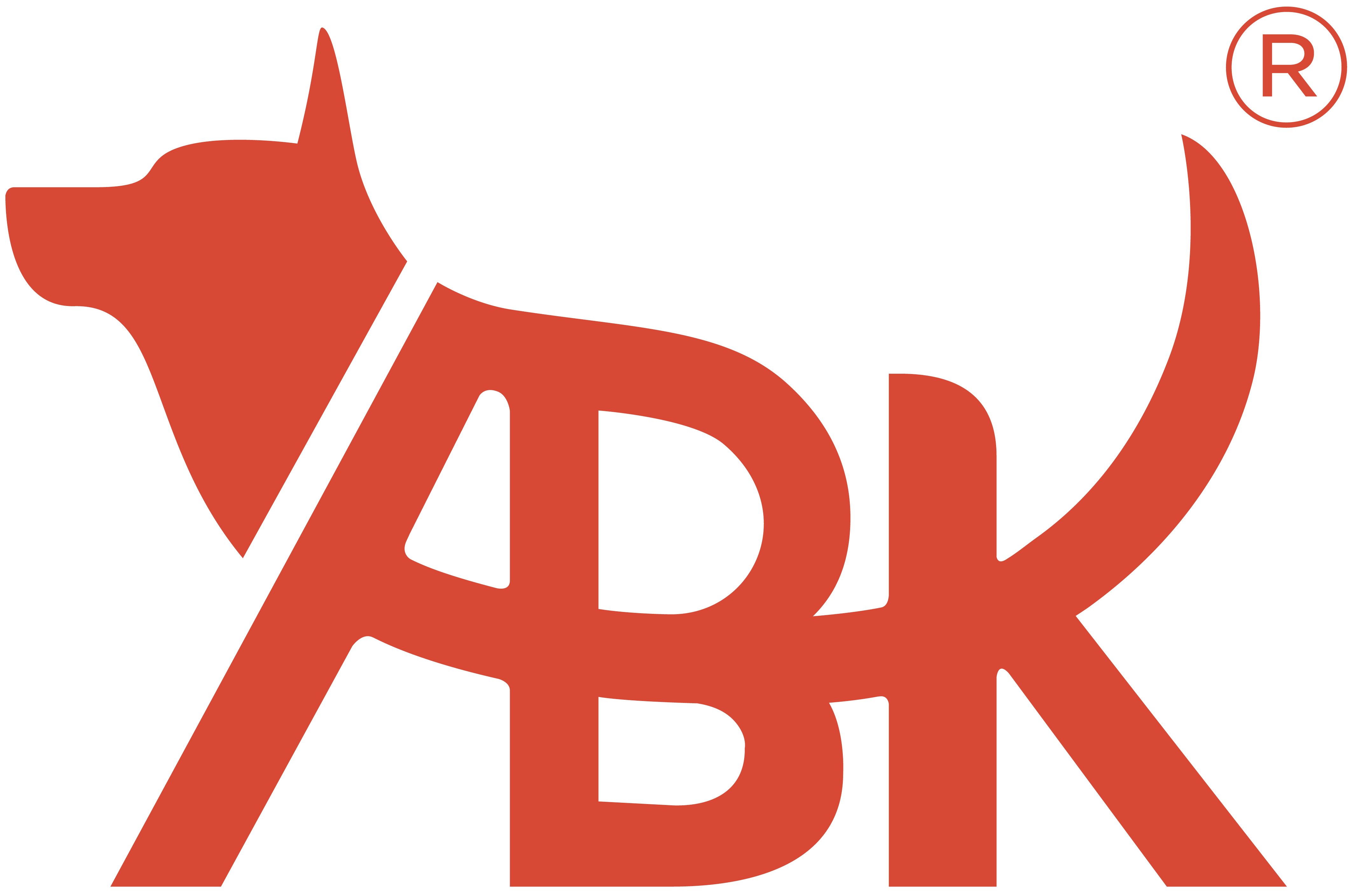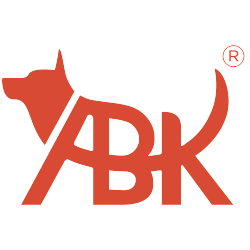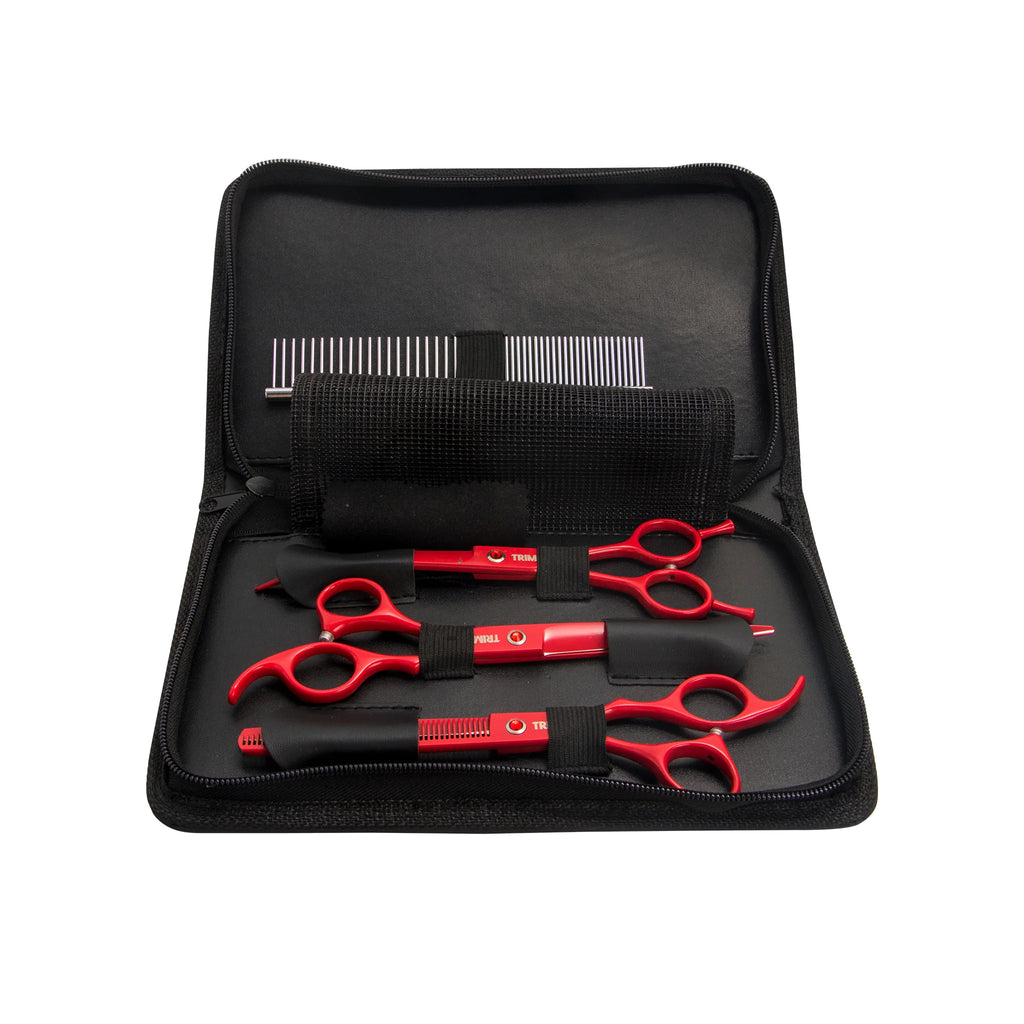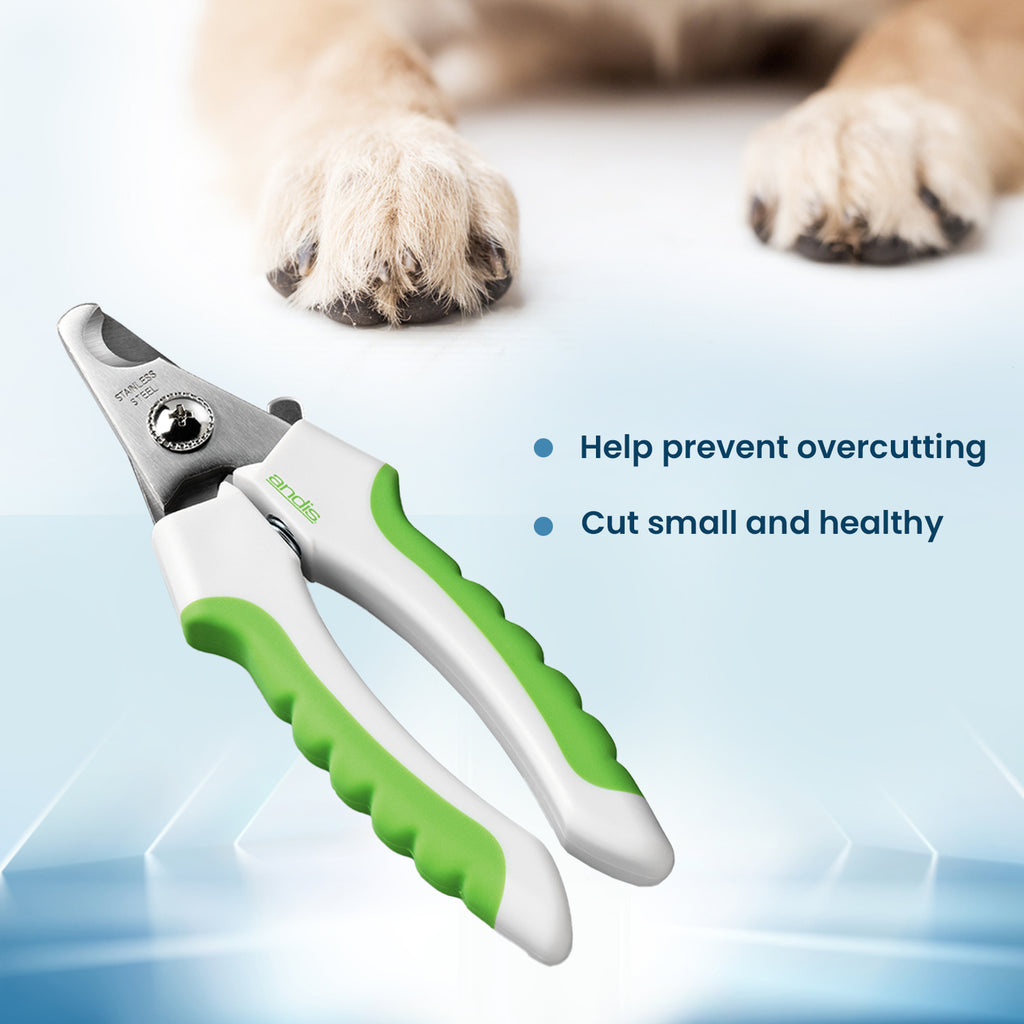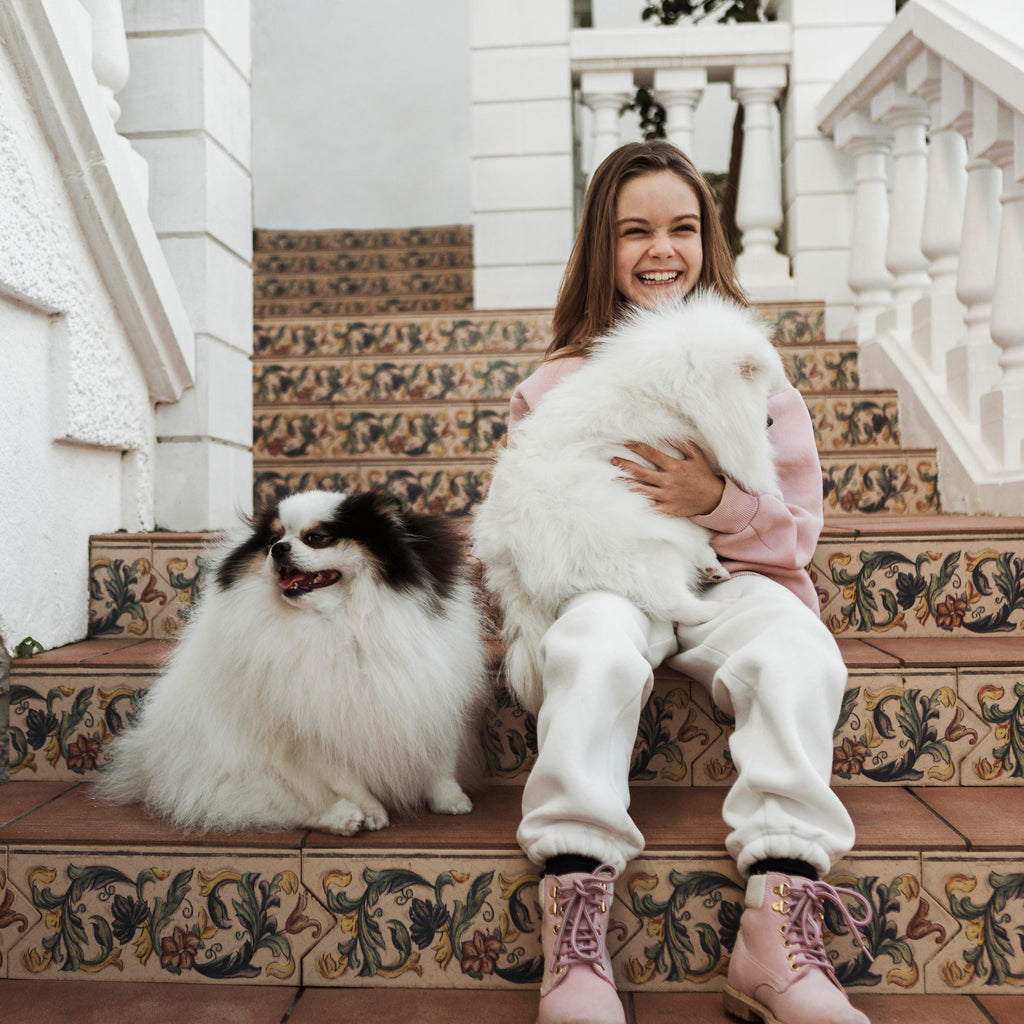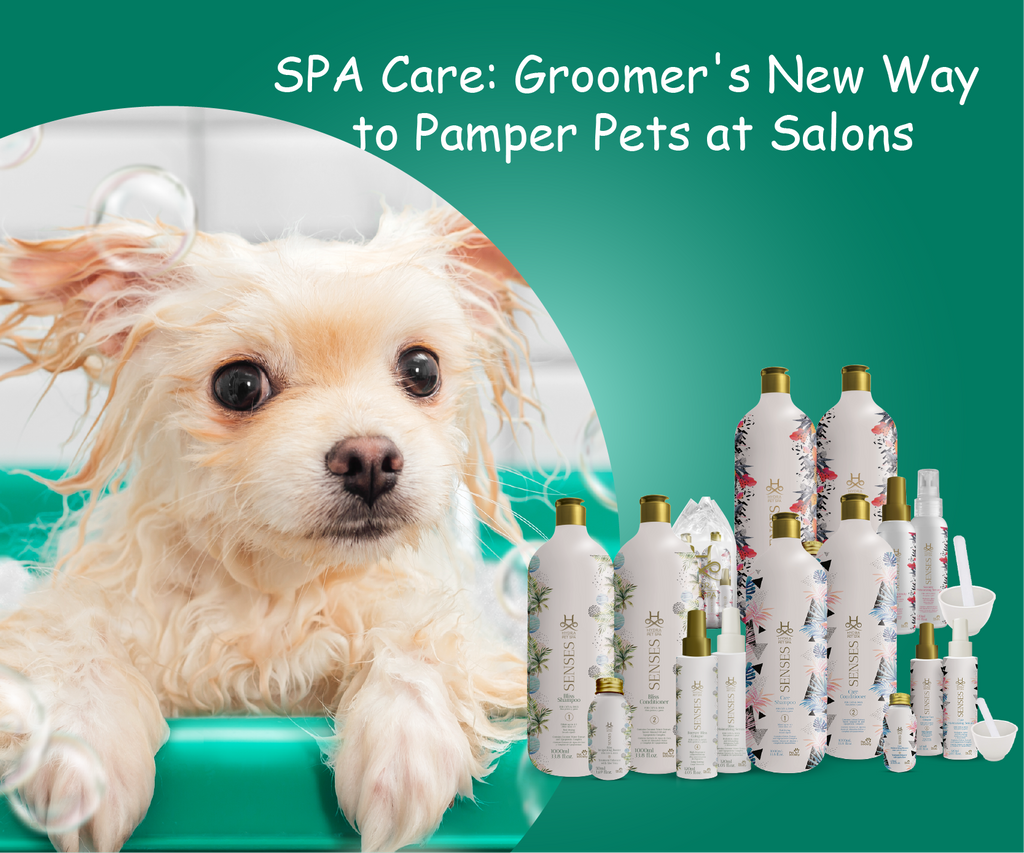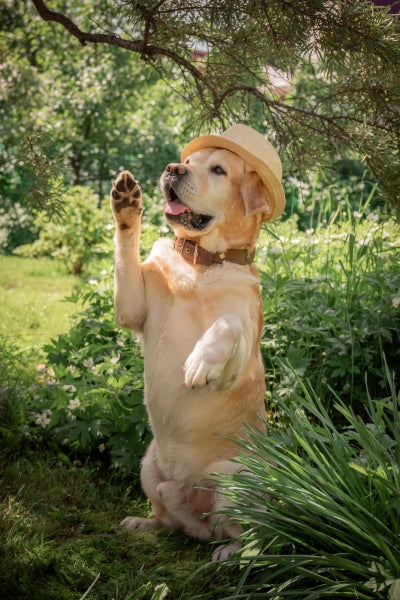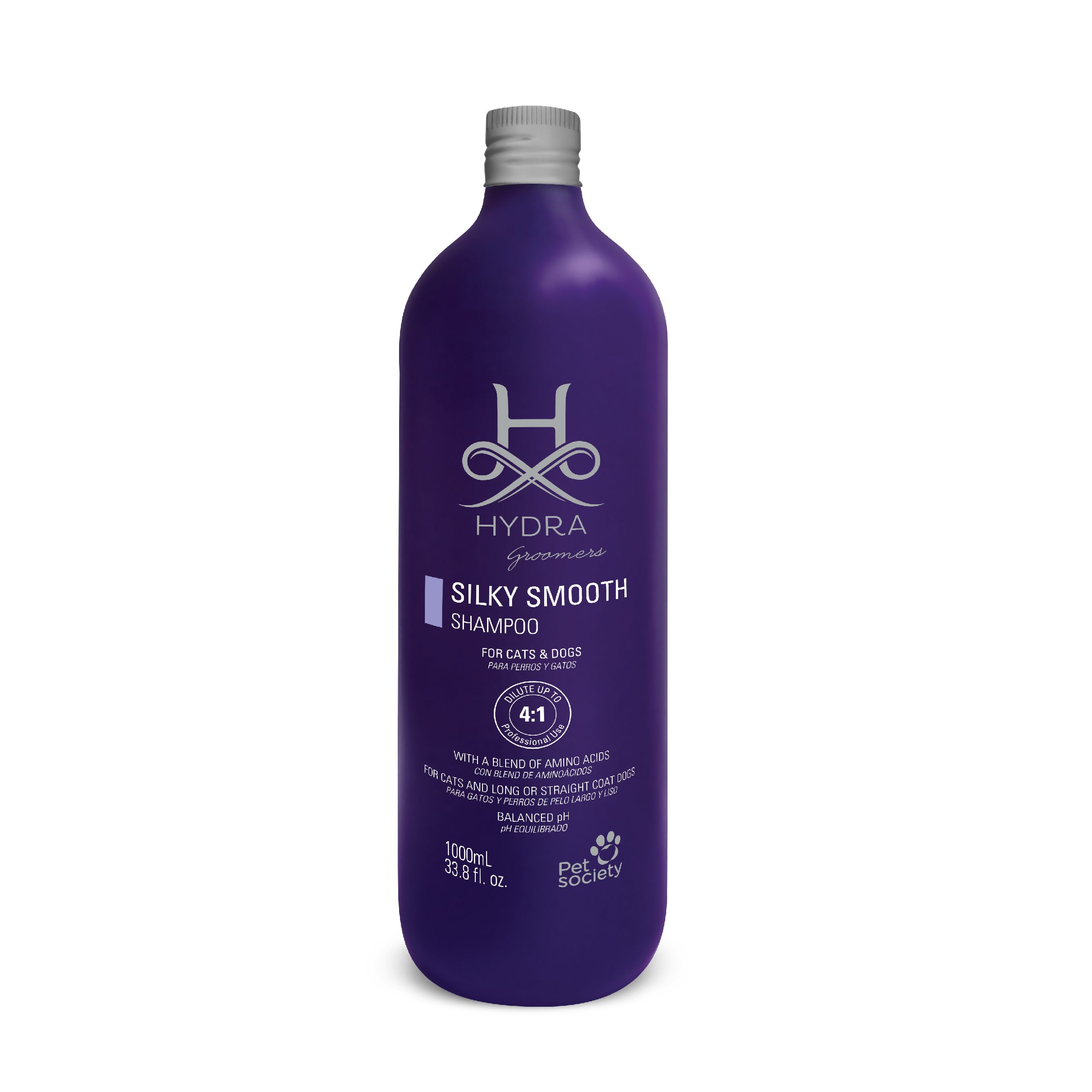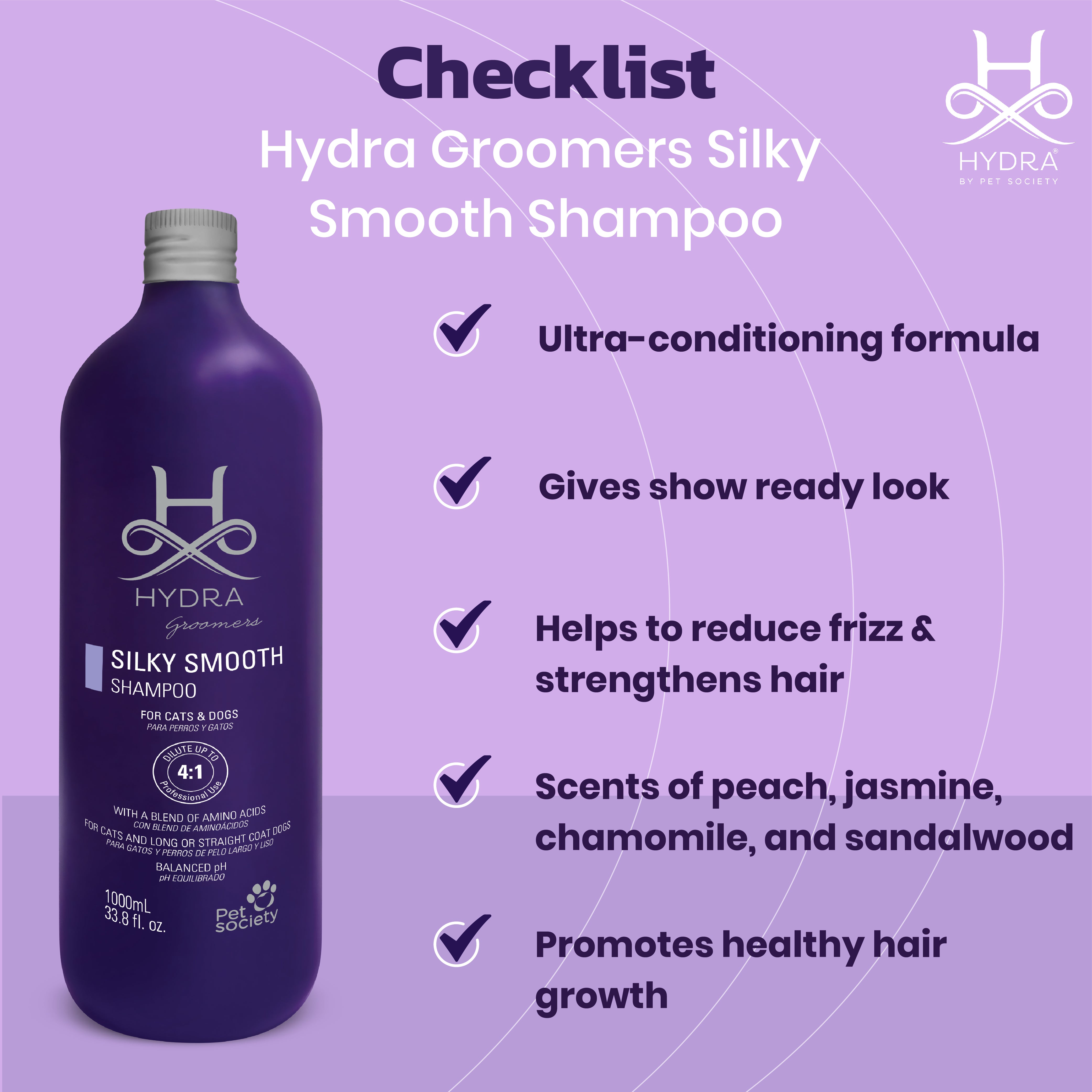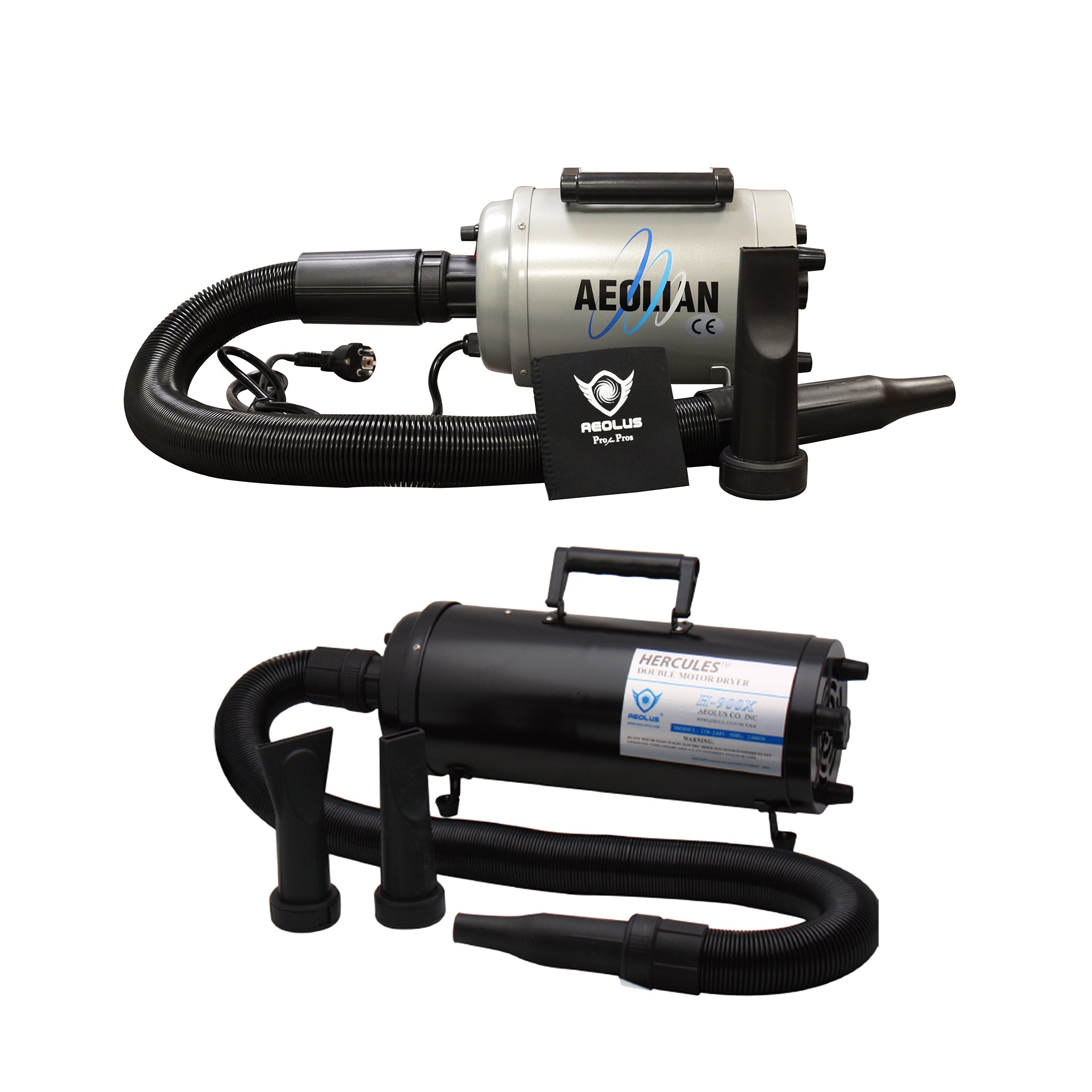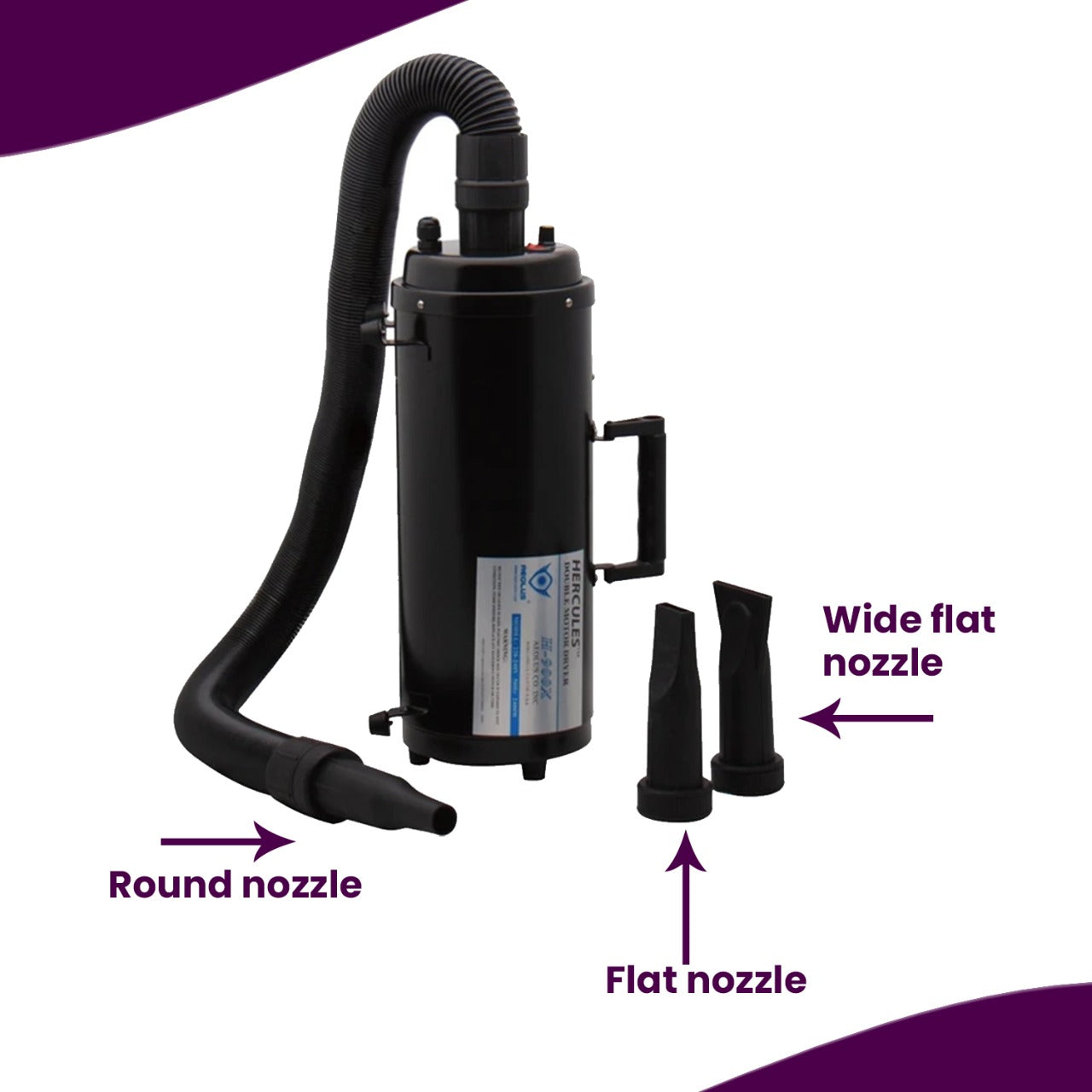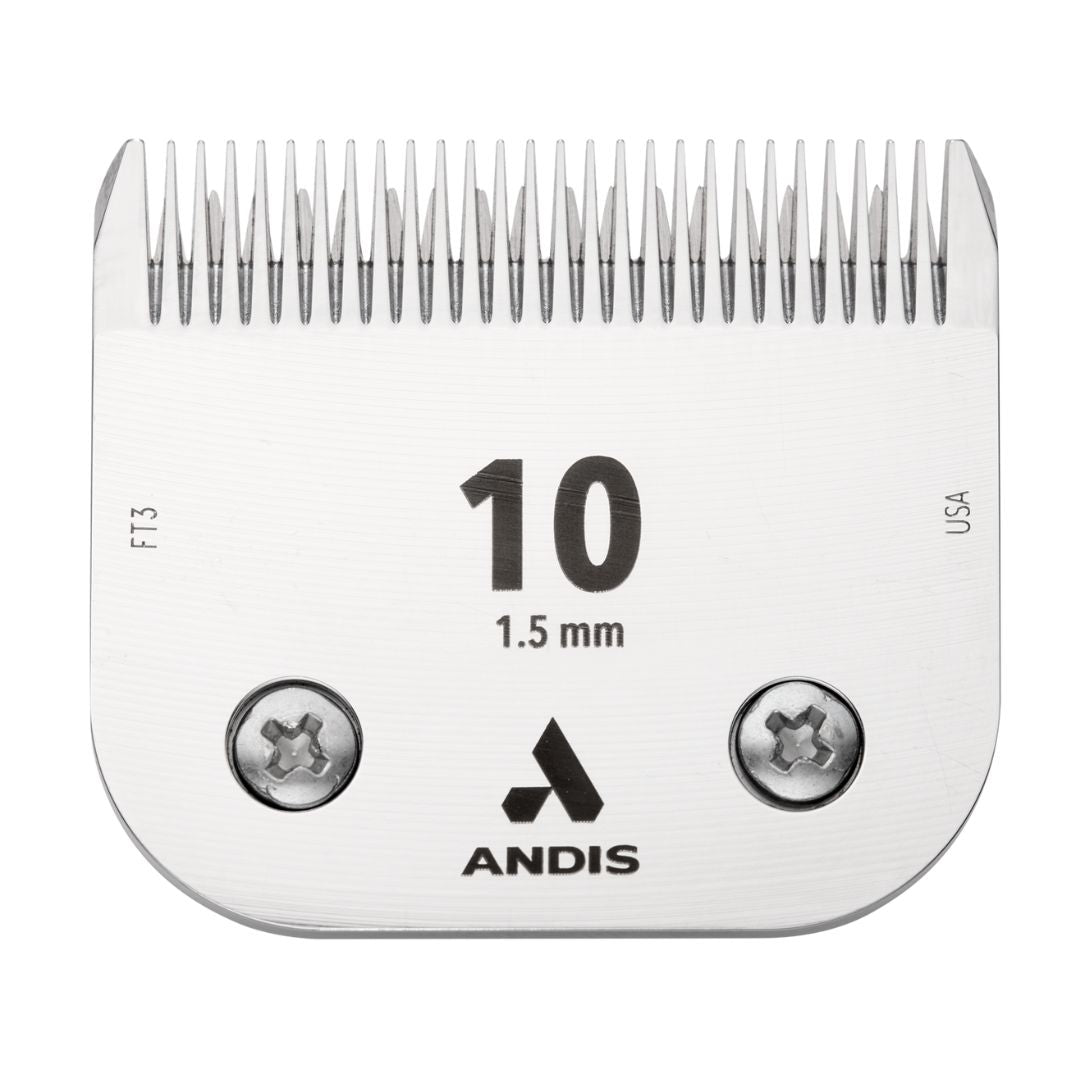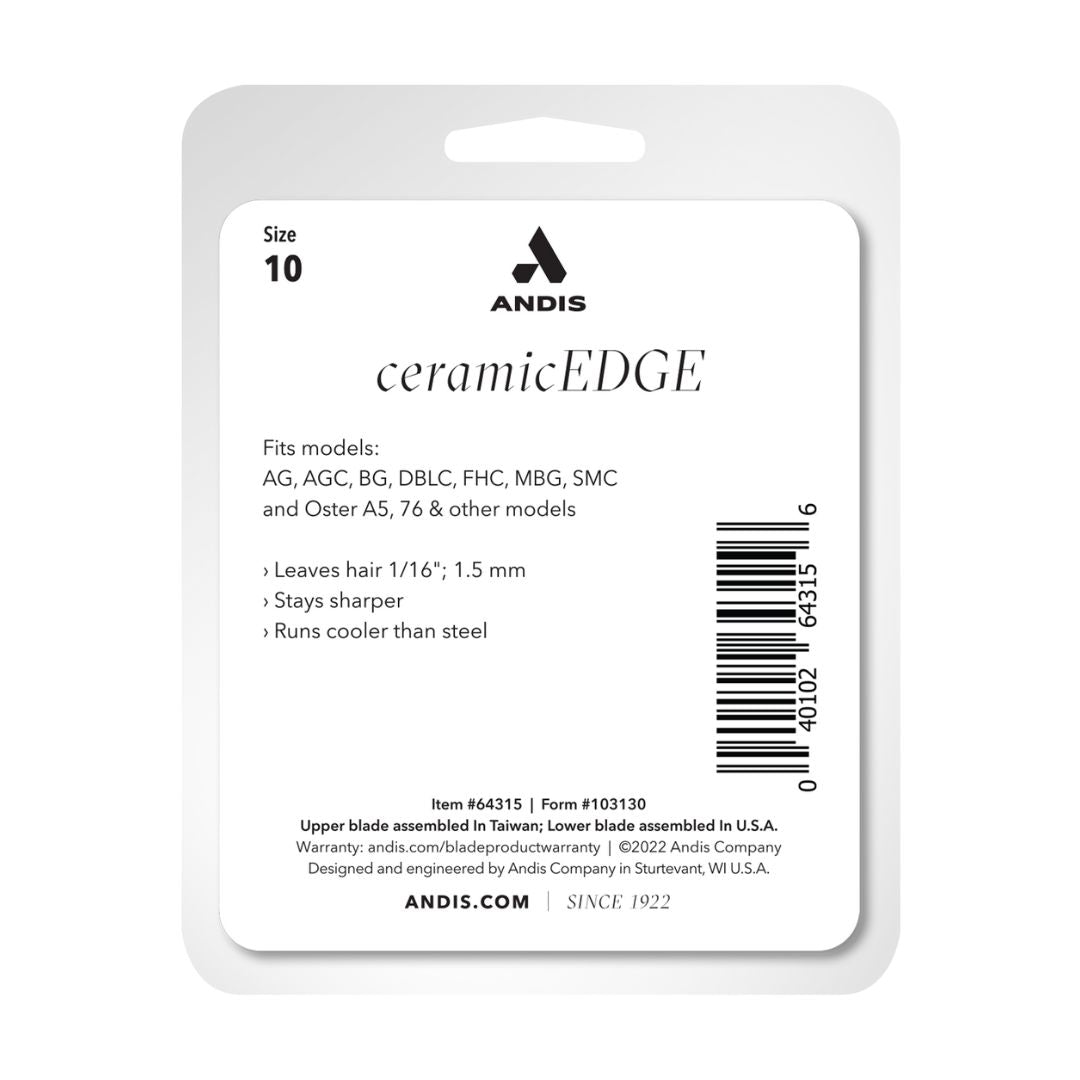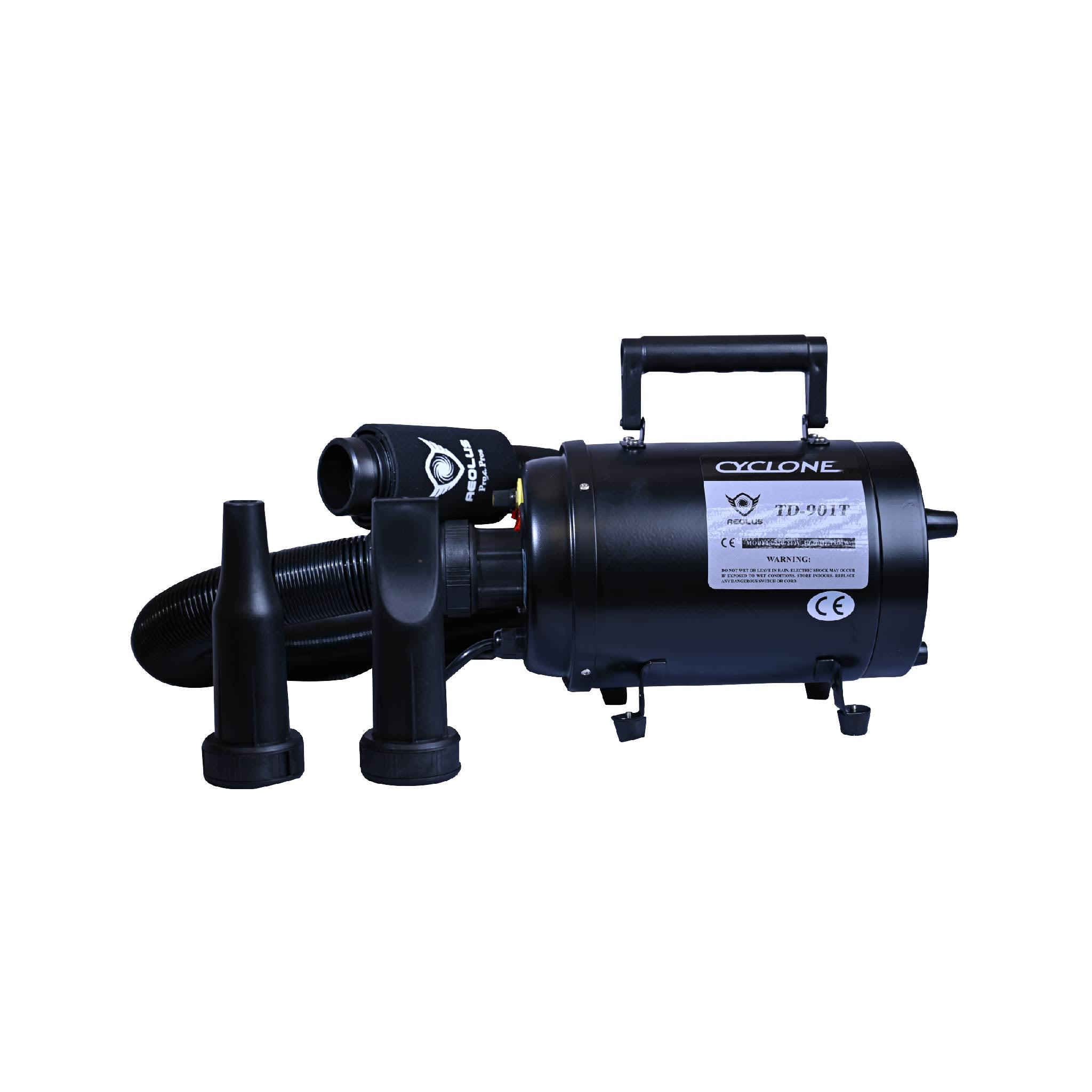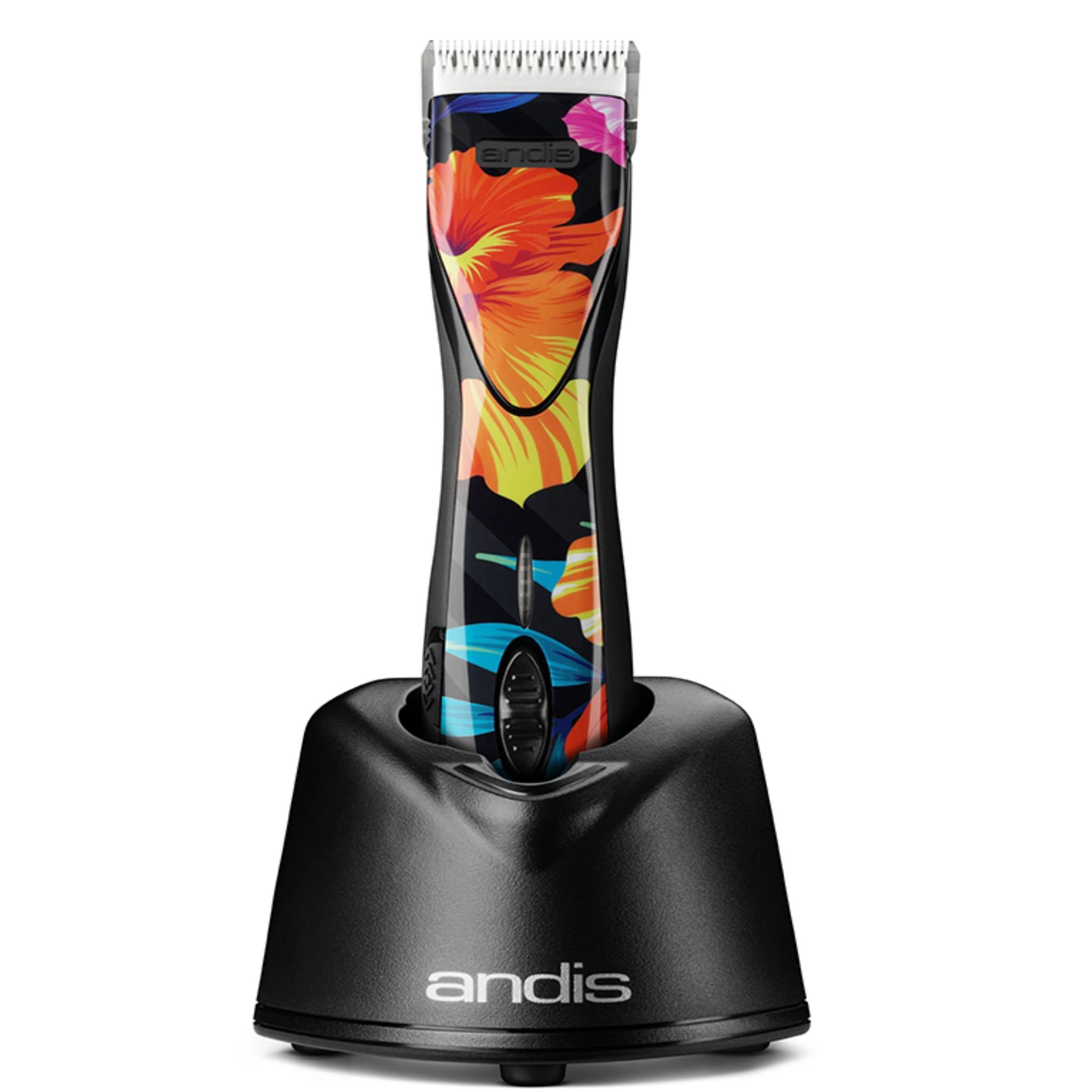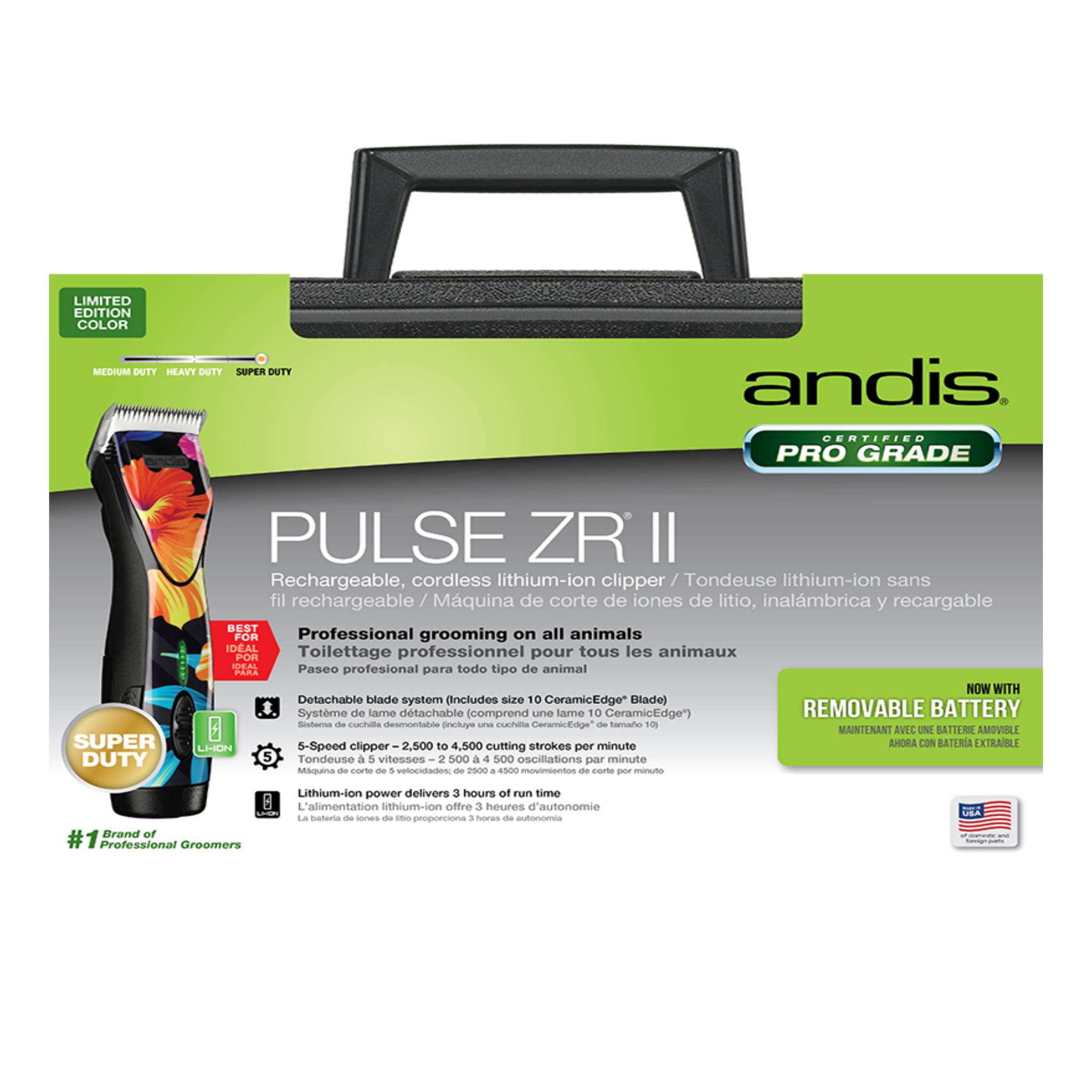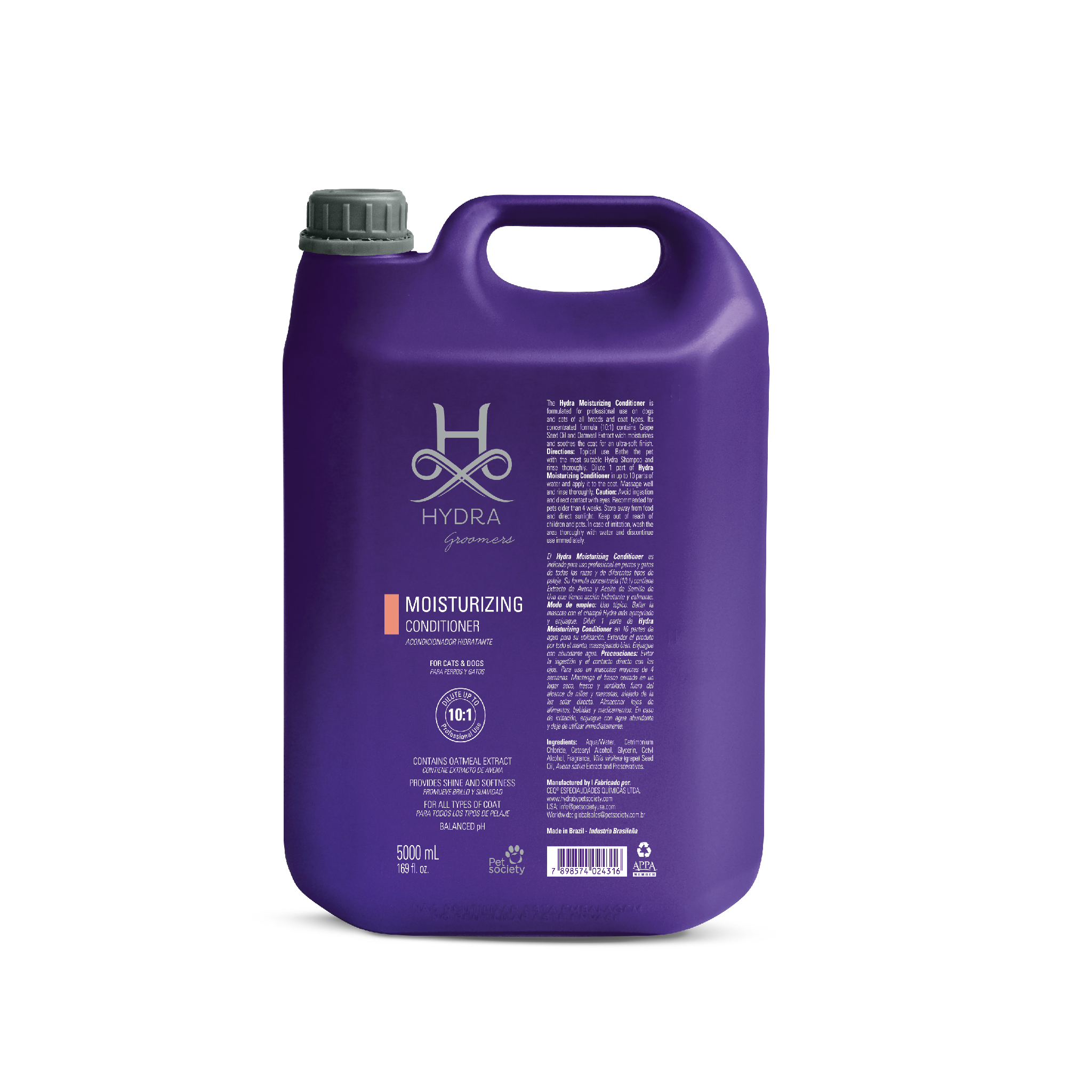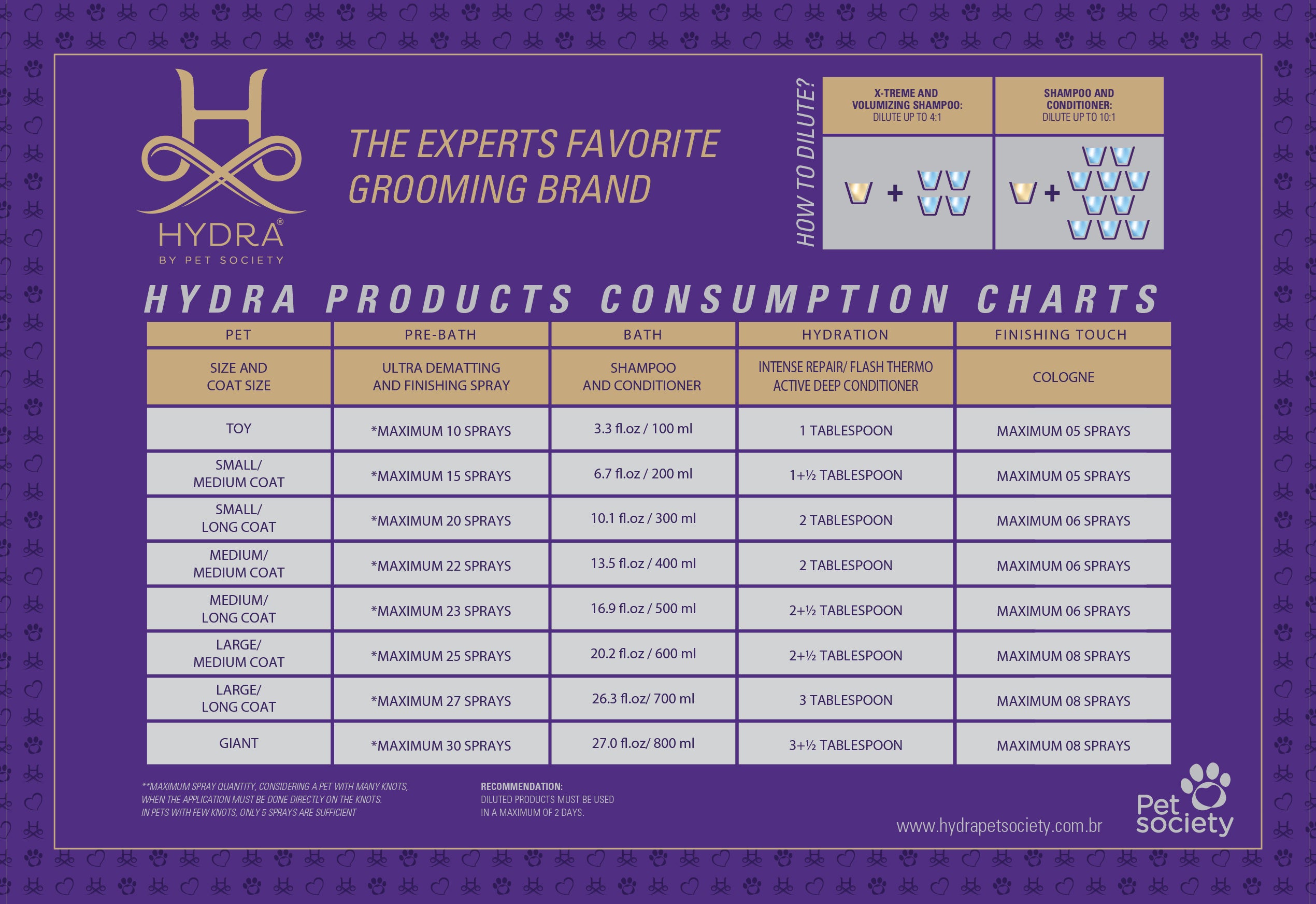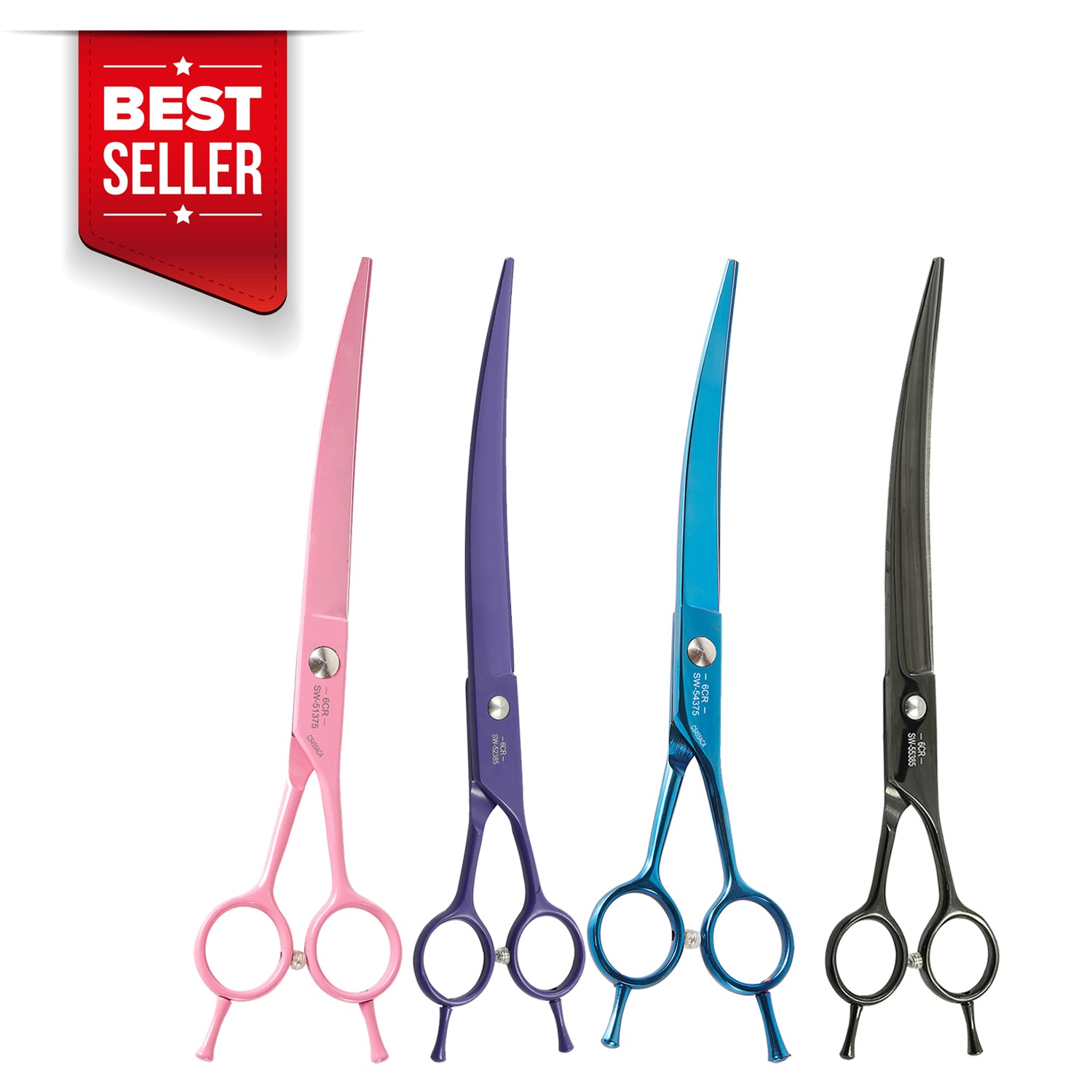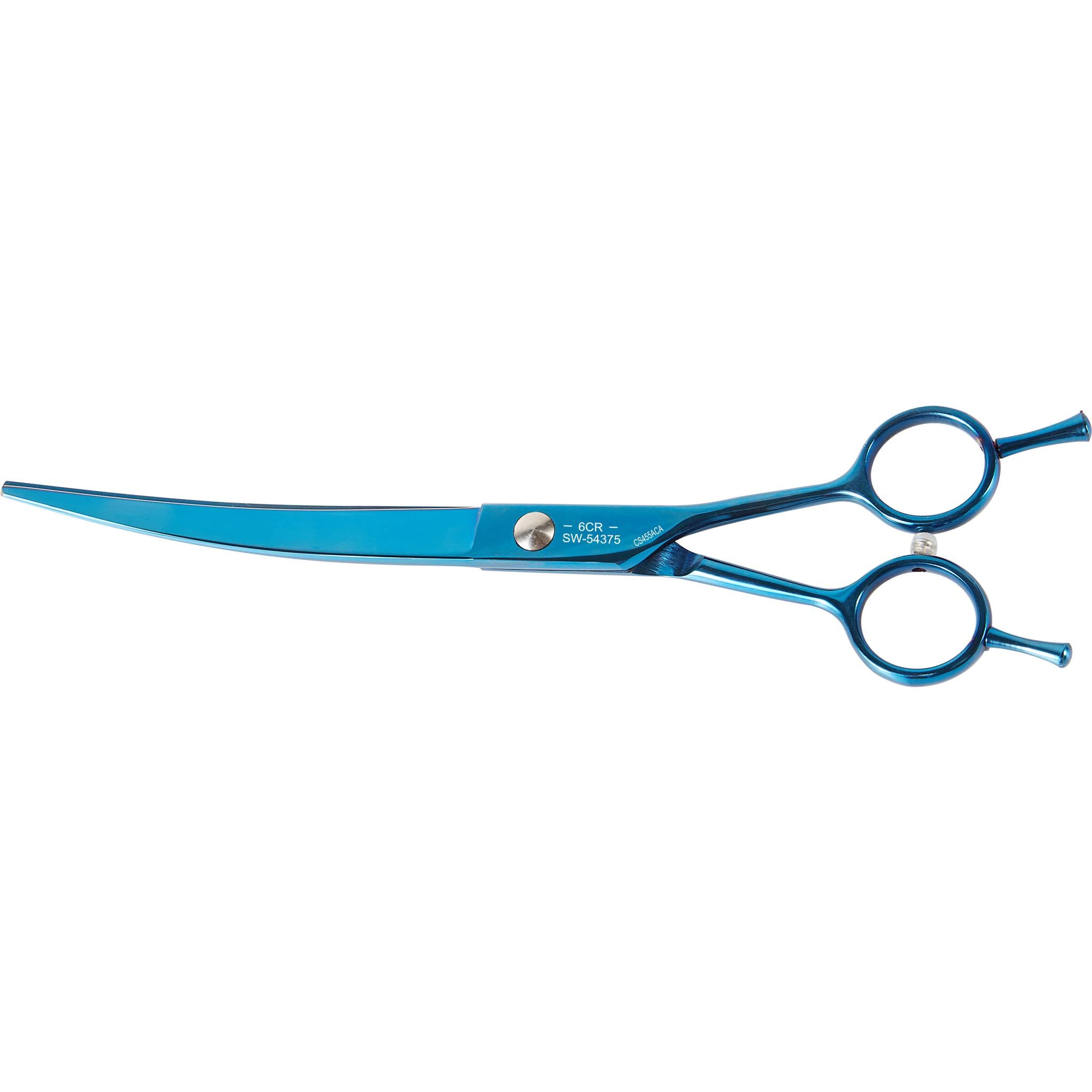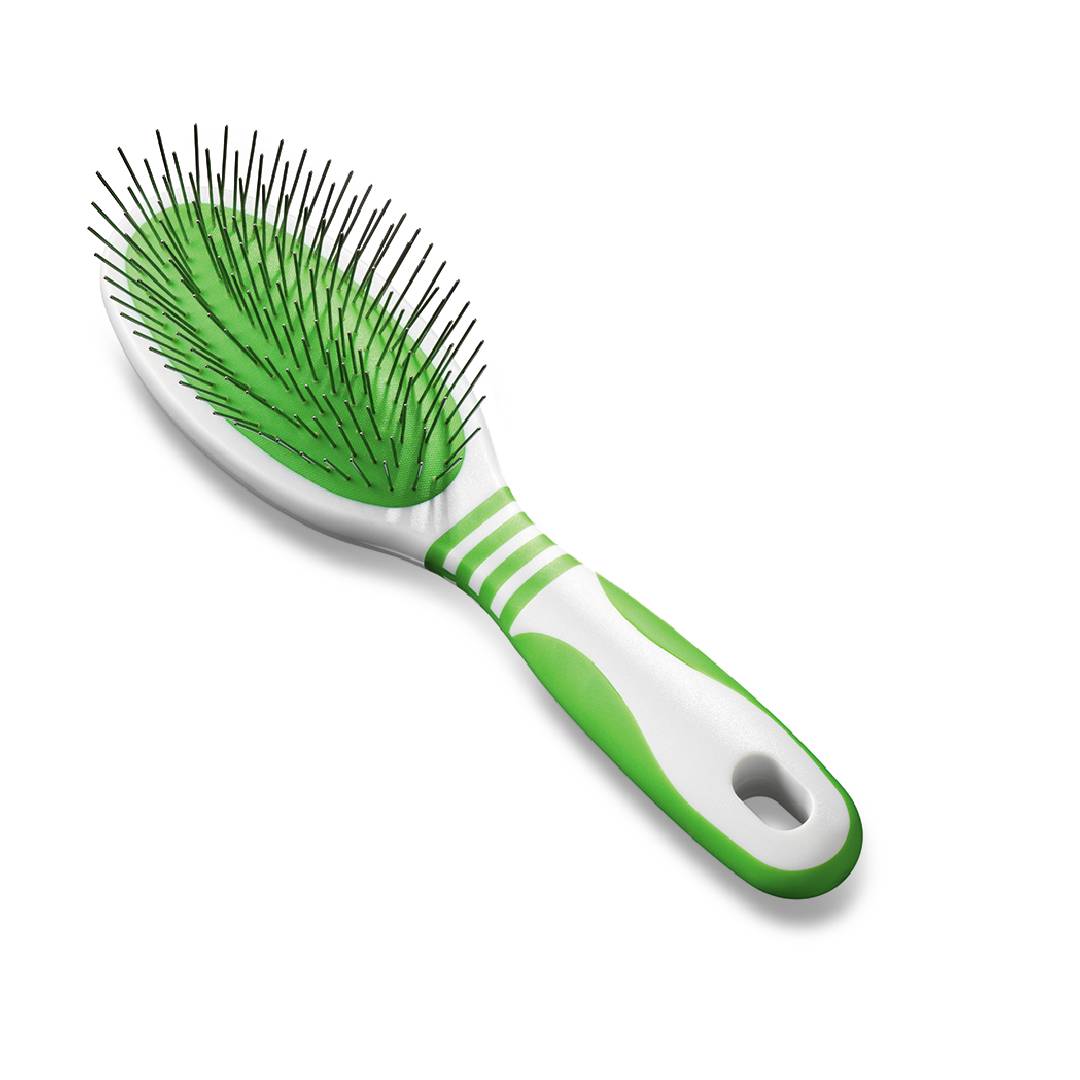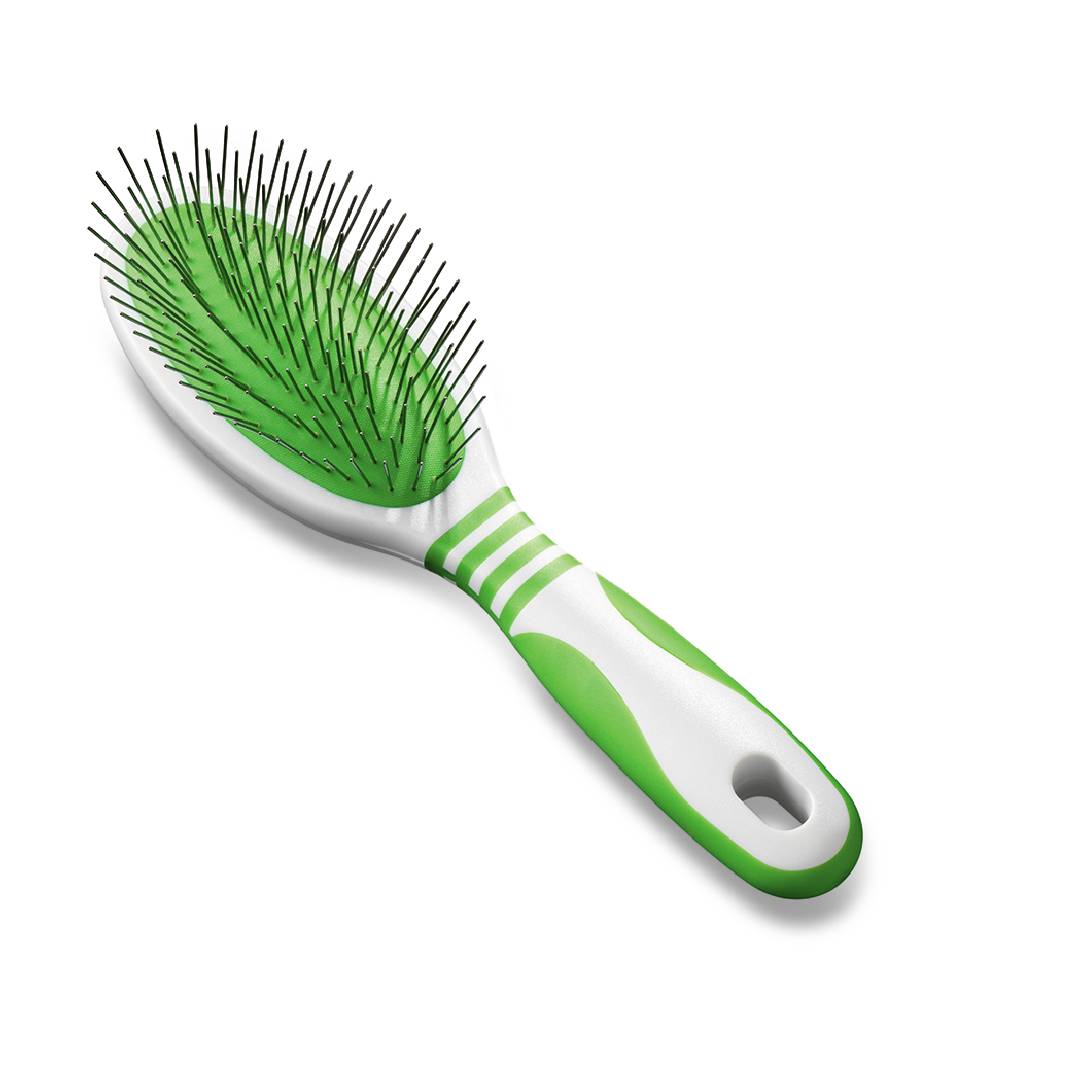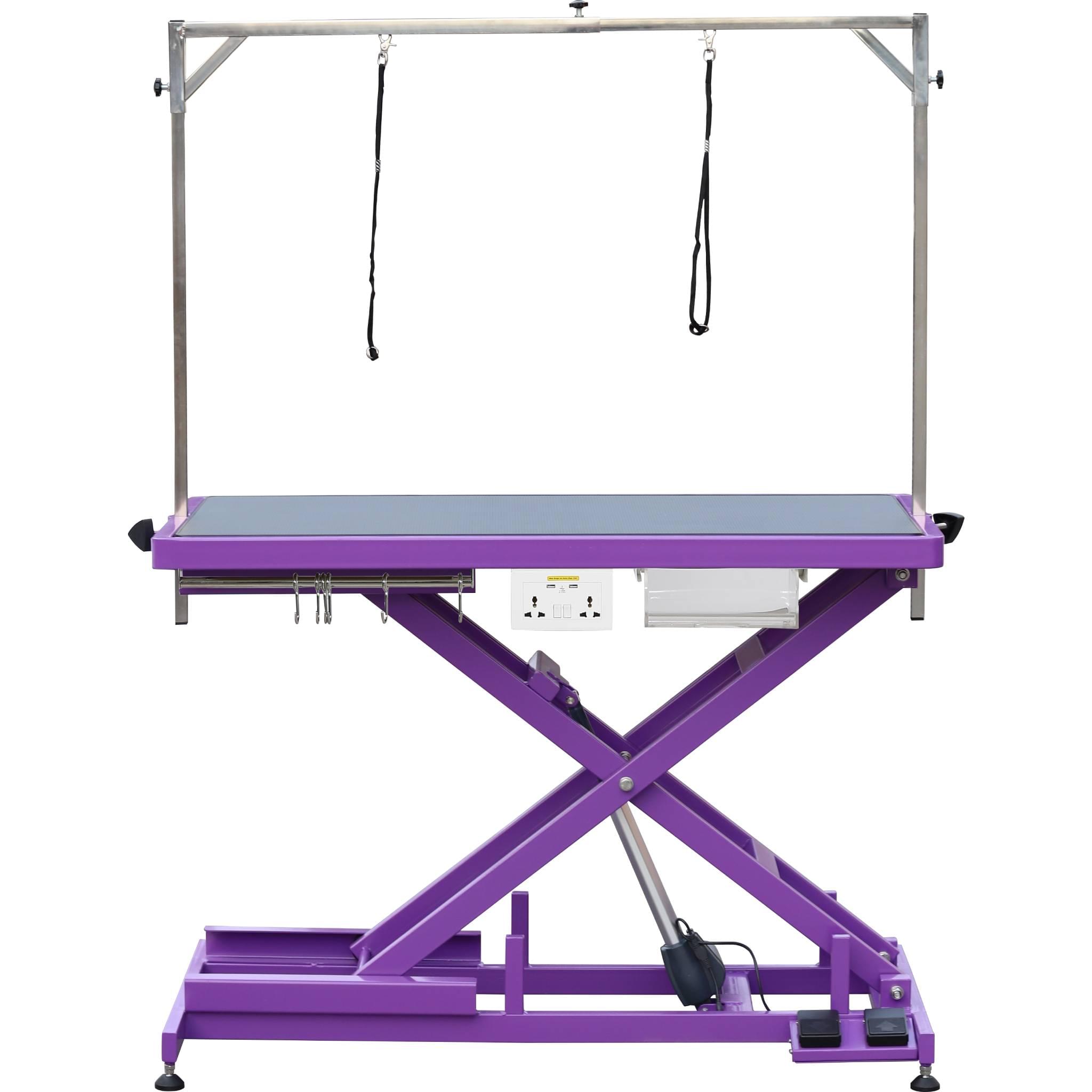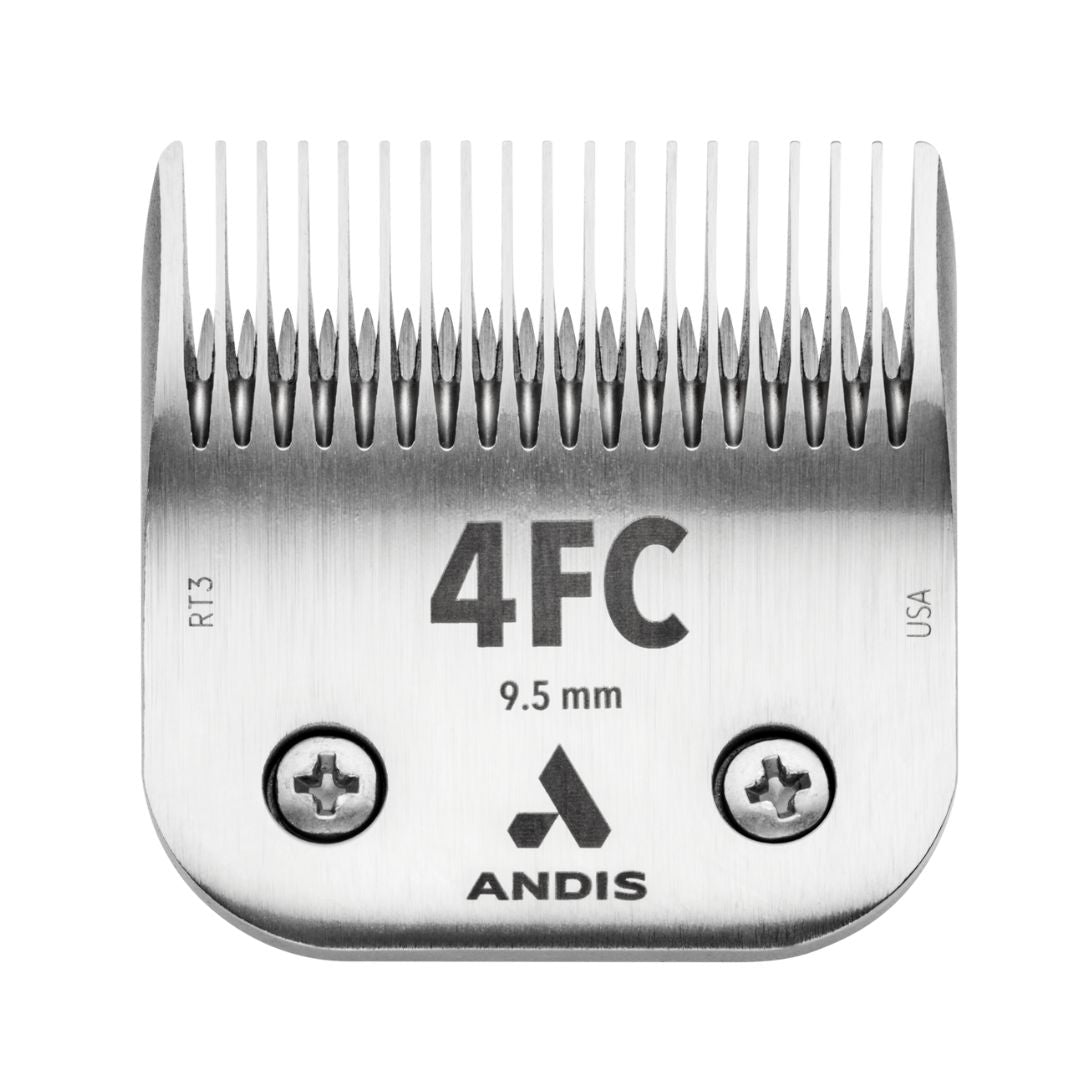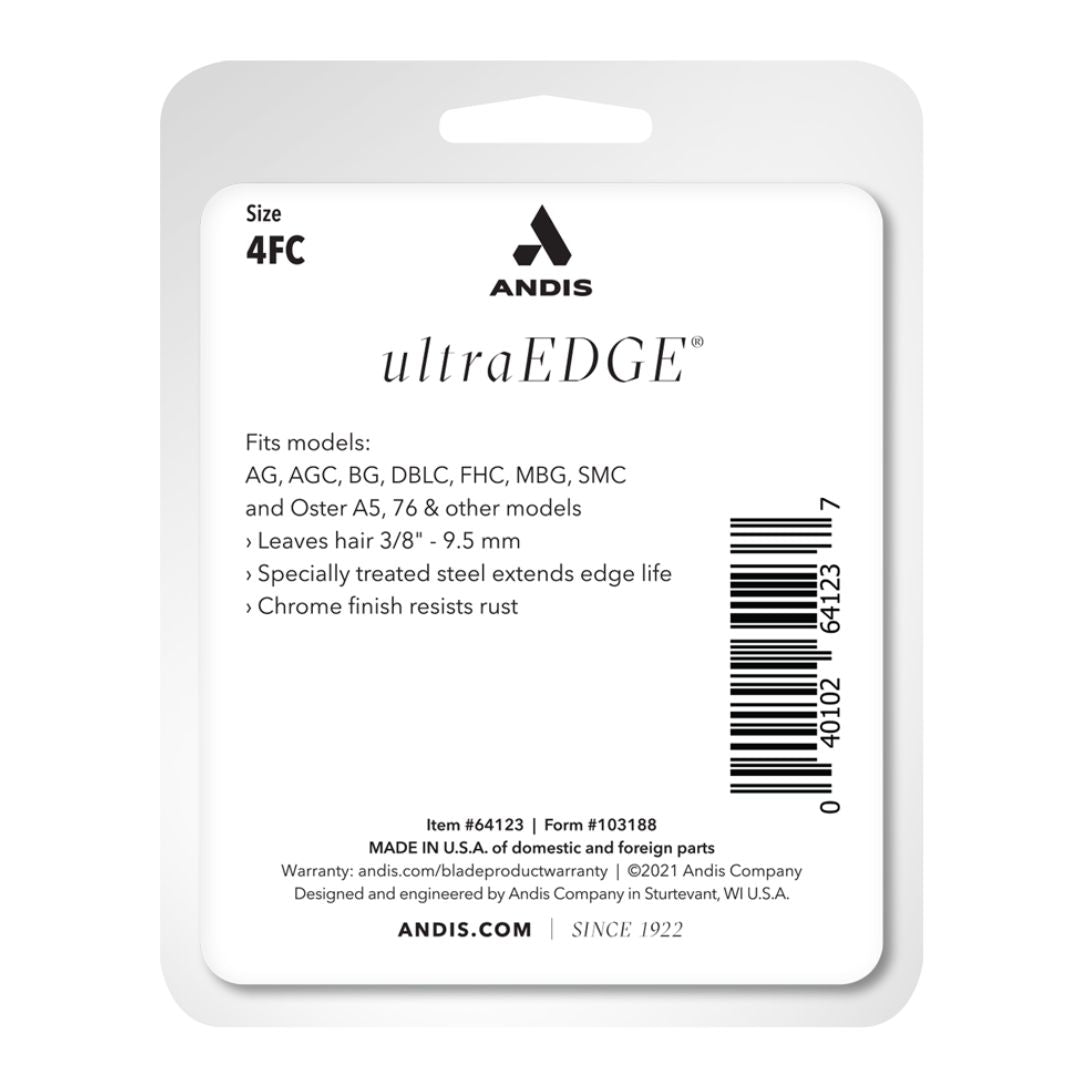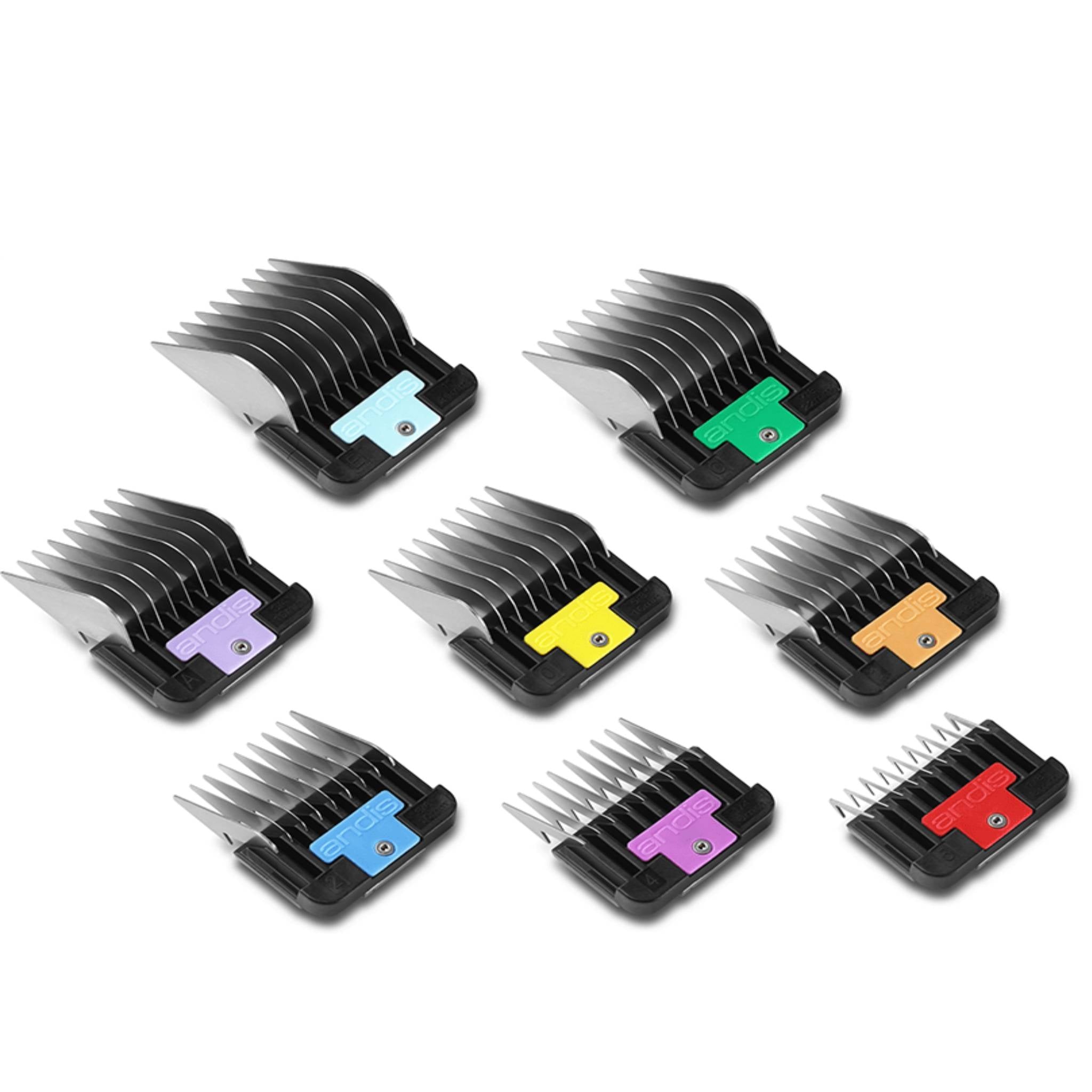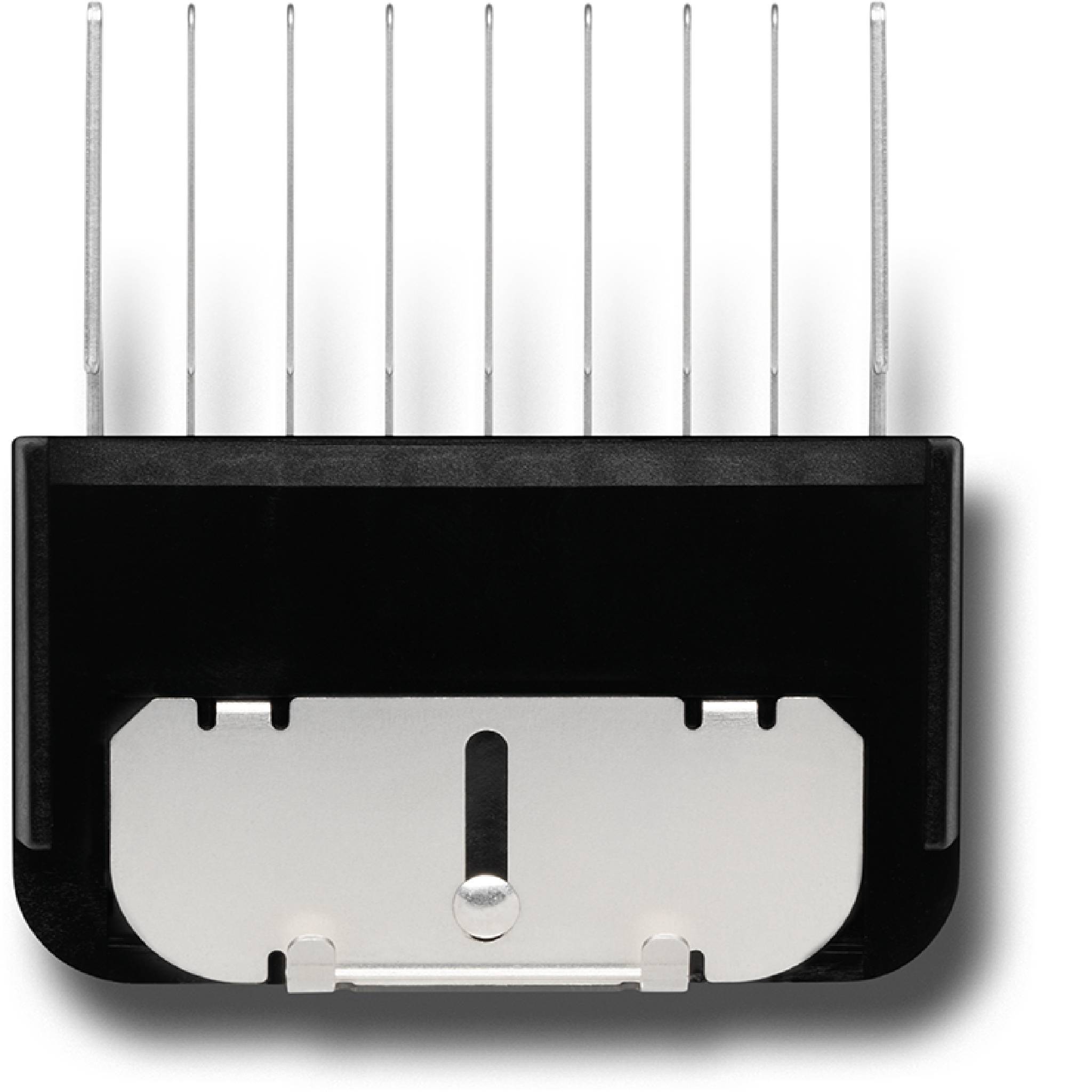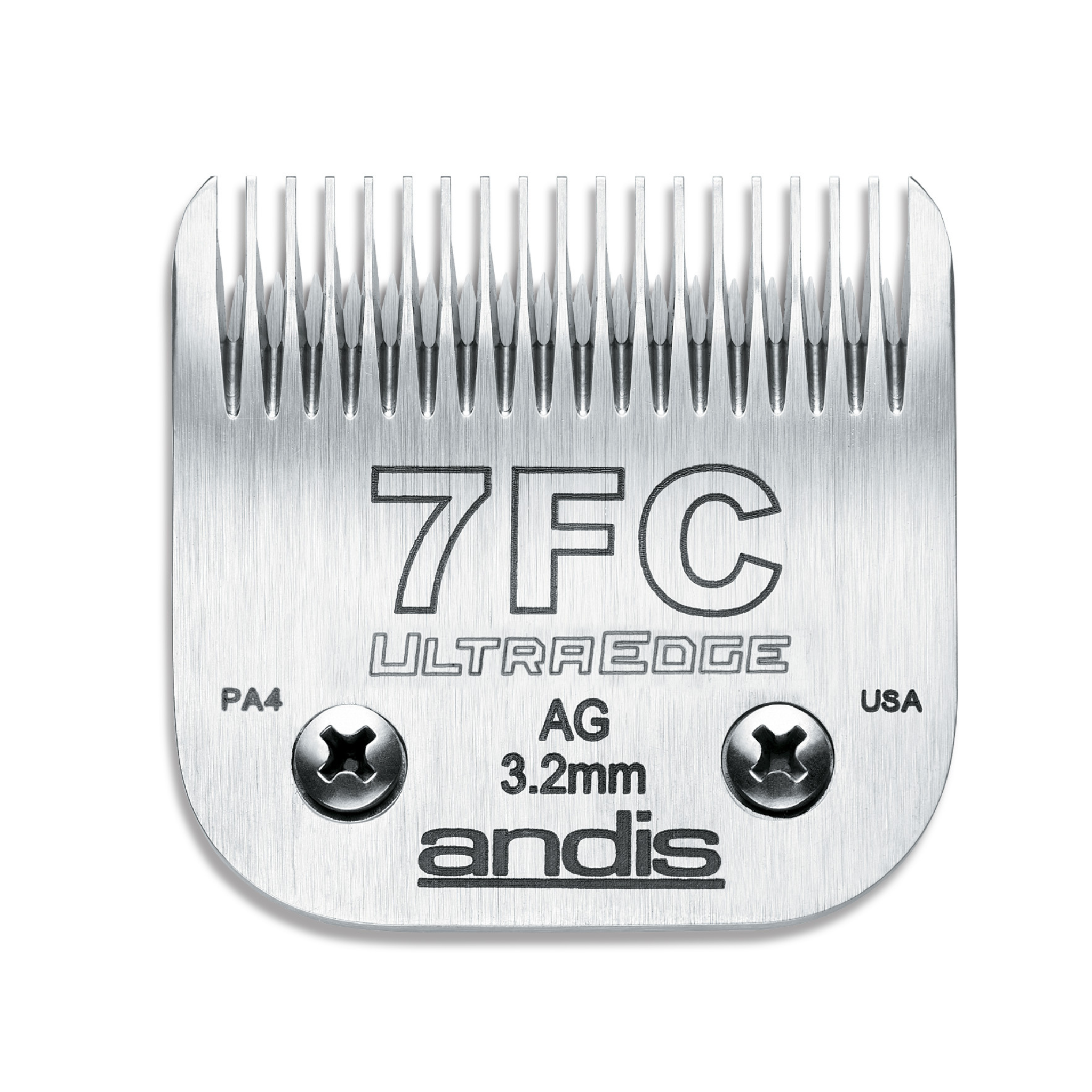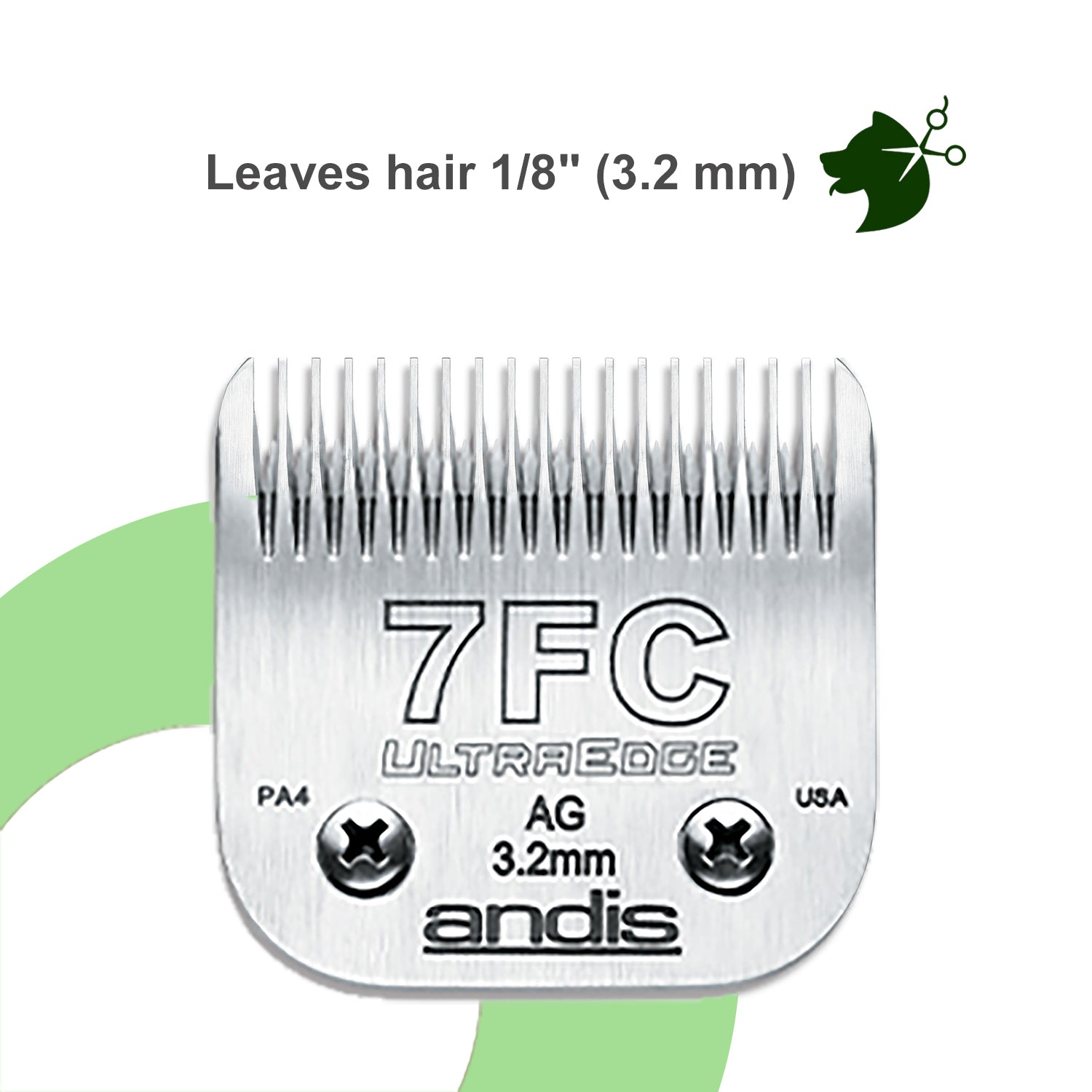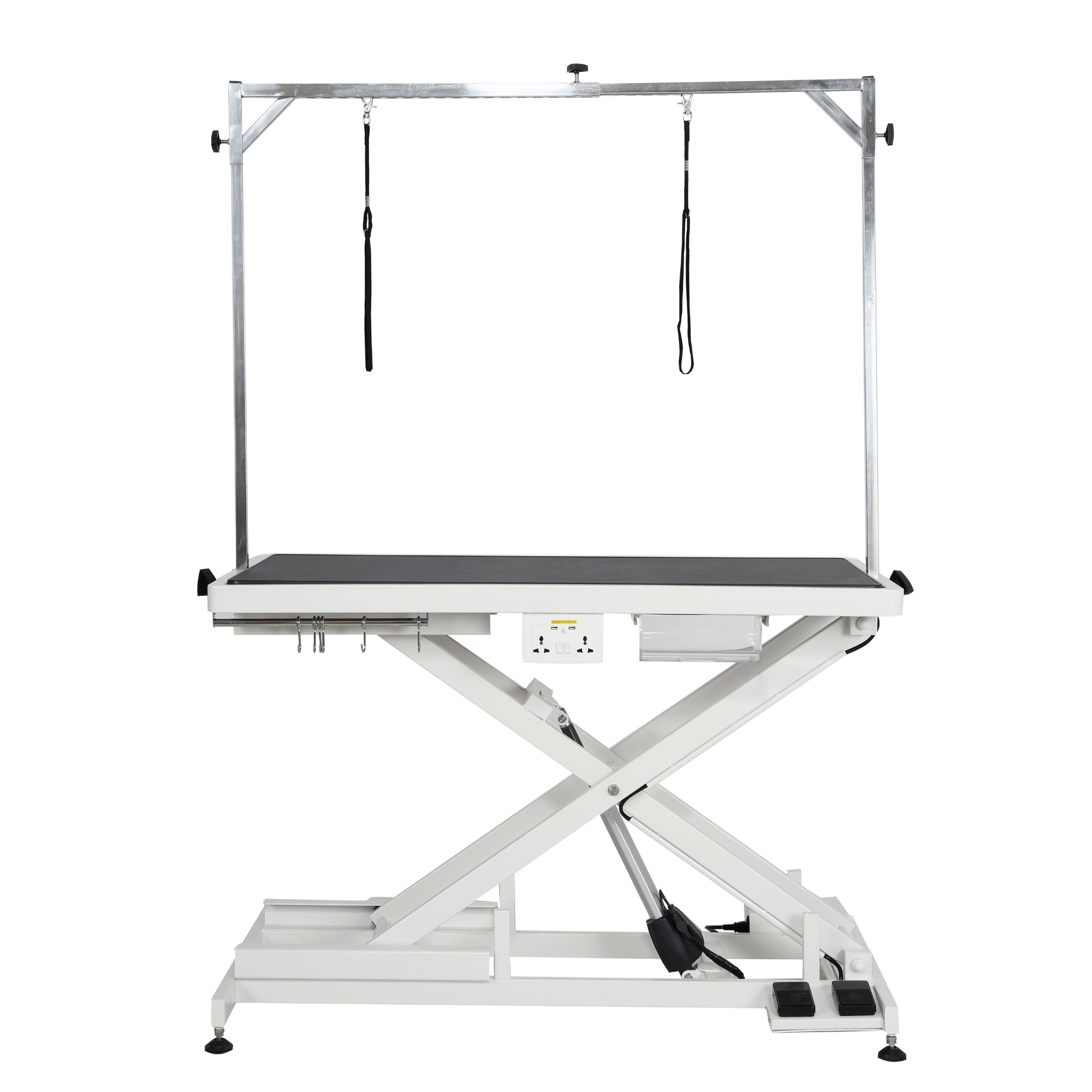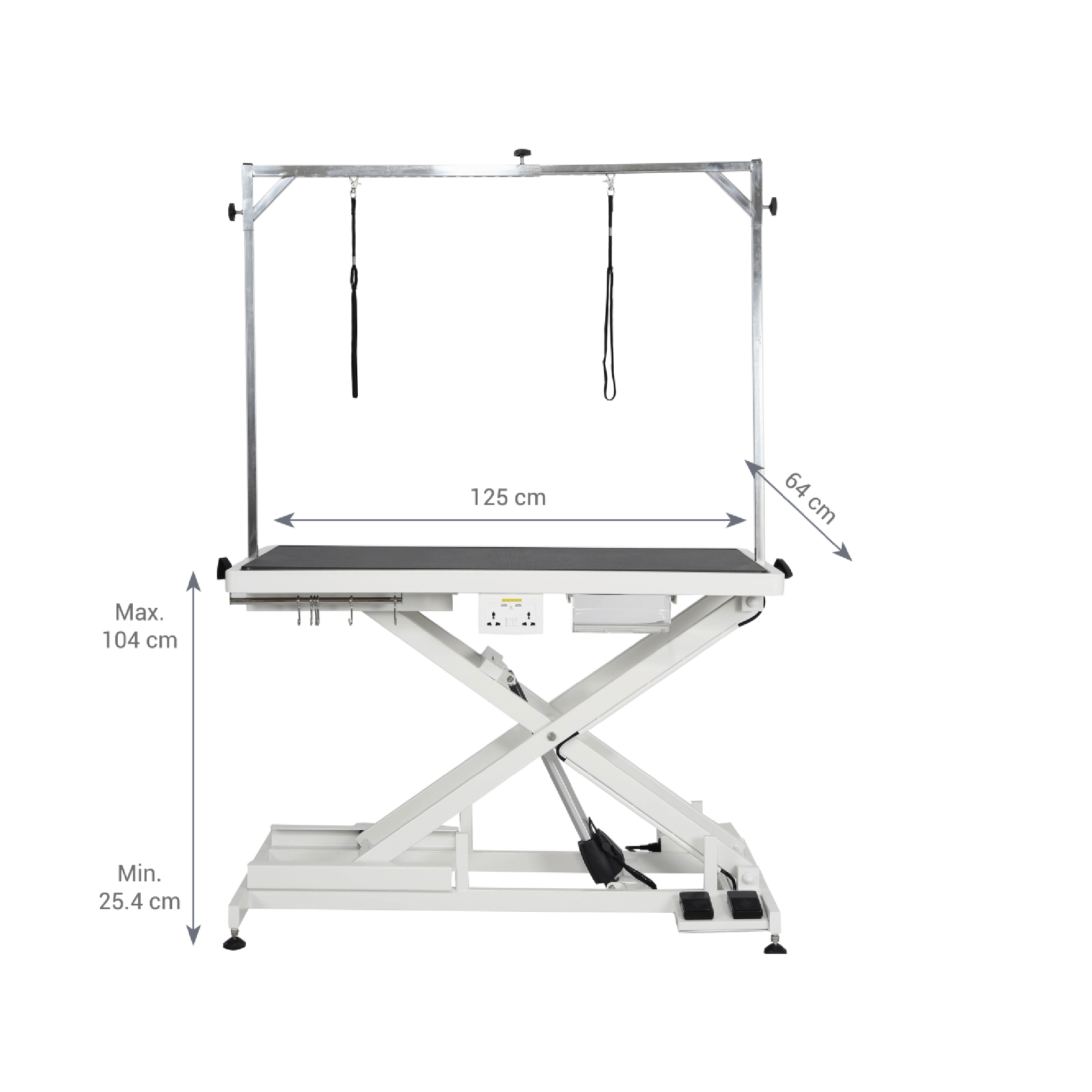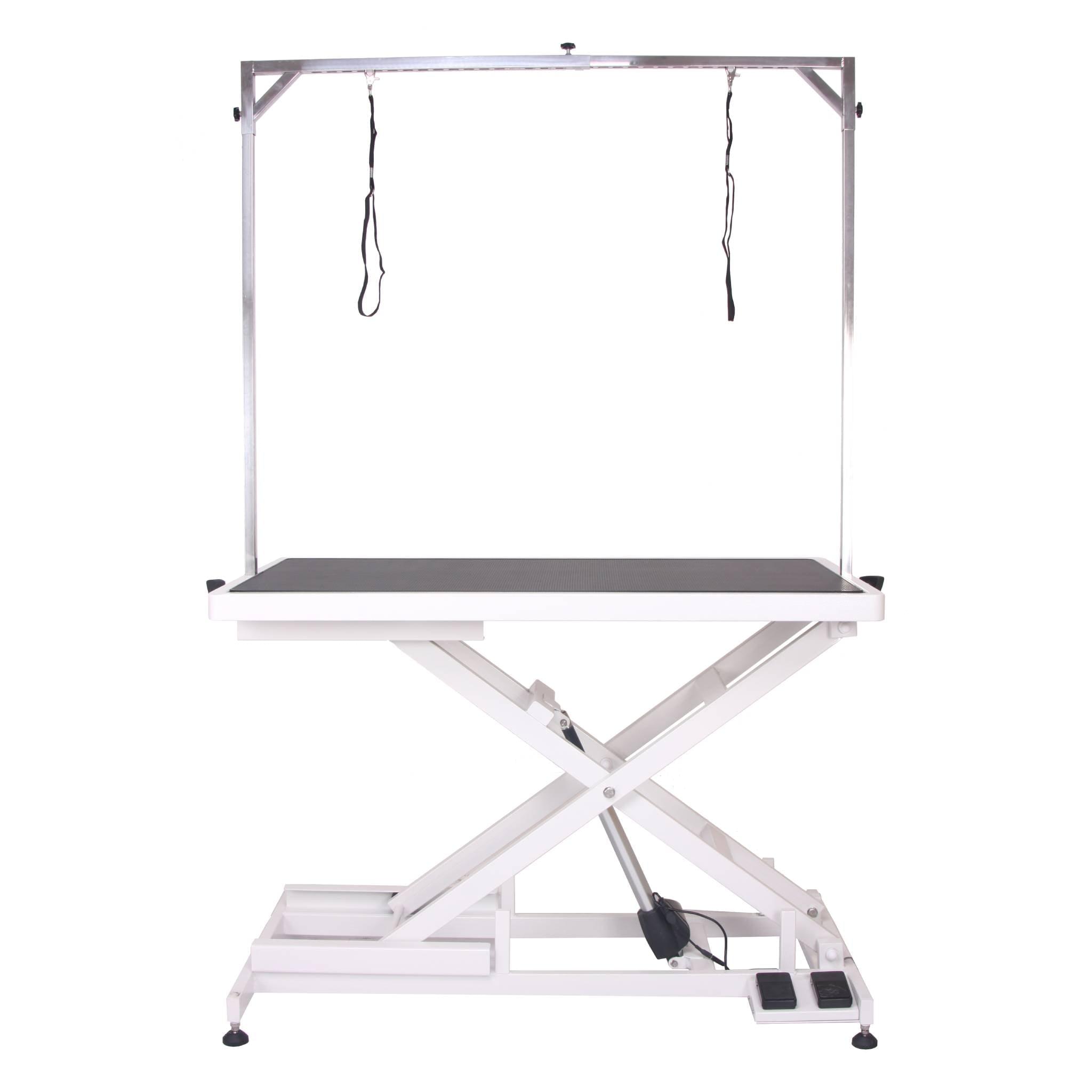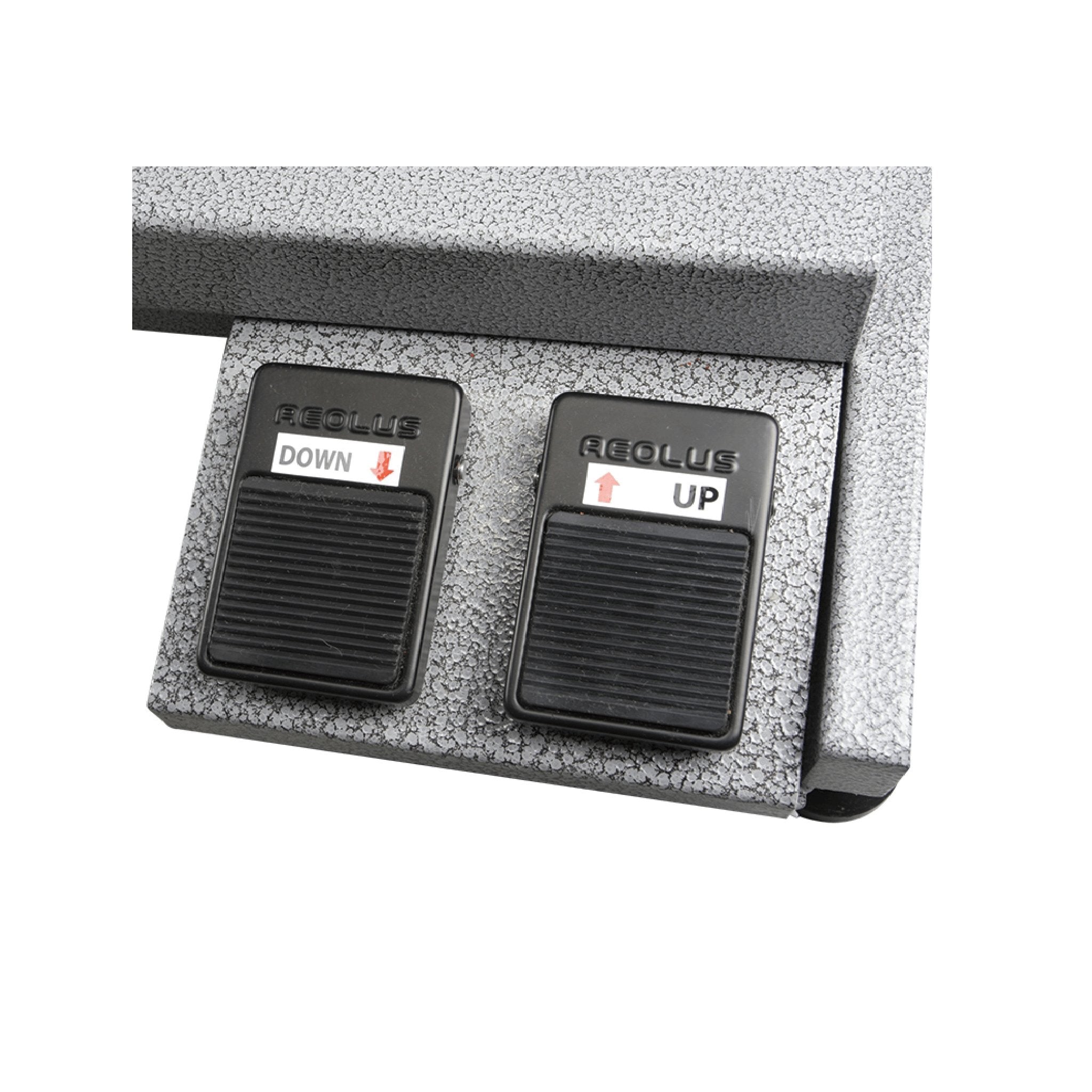
How to care for Hypoallergenic Dogs?

For individuals with sensitivities to dogs, hypoallergenic breeds present an ideal solution due to their reduced production of allergens, particularly dander, which can trigger allergic reactions. However, despite their hypoallergenic nature, these dogs require dedicated care to ensure their health and well-being. In this guide, we will delve into the essential aspects of maintaining the skin and coat of your hypoallergenic dog, shedding light on grooming practices and overall canine care.
Allergen Management: A Clean-Living Environment
While hypoallergenic dogs naturally produce fewer allergens, it remains crucial to maintain a clean and allergen-free home environment. Regular grooming sessions play a pivotal role in minimizing loose hair and dander. Employ a high-quality hypoallergenic 0dog shampoo to prevent any potential skin irritations. In addition, frequent vacuuming, laundering of bedding, and the use of air purifiers equipped with HEPA filters collectively contribute to reducing allergens within your living space.

Pic Credit: Pexels
Although hypoallergenic dogs shed less because they’re more likely to have hair rather than fur, they still need to be cleaned regularly (we recommend every six weeks.) We advise you not to use shampoos intended for humans on them as they can cause severe reactions.
Many pet parents get confused with the tons of dog shampoos available online, so here’s a link for an Assorted Collection of Organic, fragrant, medicated, and hypoallergenic pet care shampoos and conditioners.
A recommended hypoallergenic dog shampoo is the Bio-Groom So Gentle Hypo-Allergenic Dog Shampoo. Also, do not over-bathe your dog: once a month or twice a month is sufficient.
Brushing for a Healthy Coat

Pic Credit: Pexels
Daily brushing constitutes a fundamental aspect of caring for hypoallergenic dogs, as it aids in preventing mats and tangles. Neglecting regular brushing can result in more extensive concerns, including skin irritation and the presence of ticks and fleas. Employing a suitable dog grooming brush is recommended to effectively maintain your dog's coat and overall health.
The role of professional grooming

Pic Credit: Pexels
While home grooming routines are essential, occasional visits to professional groomers can provide additional benefits. Professional grooming not only addresses hard-to-reach areas but also involves meticulous clipping and cleaning. Although frequent professional grooming might not be necessary, periodic appointments can significantly enhance your dog's appearance and well-being.
Nutrition: A Foundation for Health
A balanced diet is pivotal to your hypoallergenic dog's health and immune system. Collaborate with your veterinarian to identify a hypoallergenic dog food that caters to your pet's specific requirements. Opt for limited ingredients and novel protein sources to curtail the risk of allergic reactions. Additionally, ensure a constant supply of fresh water for your furry friend.
Routine Veterinary Care: Ensuring Well-Being
Regular veterinary checkups are imperative for all dogs, including hypoallergenic breeds. Hypoallergenic dogs might have specific health concerns, emphasizing the importance of vaccinations, regular check-ups, and preventive measures. Engage in discussions with your vet regarding allergy management and any breed-specific health considerations.
Enriching the Environment
Hypoallergenic dogs thrive on mental stimulation and providing them with enriching experiences is key. Interactive toys, puzzles, and opportunities for exploration contribute to preventing boredom and associated behavioural issues. Engaging your dog mentally can lead to a happier and healthier life.
Conclusion:
Caring for hypoallergenic dogs necessitates a multi-faceted approach that encompasses allergen management, proper nutrition, routine exercise, grooming practices, and consistent veterinary care. By adhering to these practices, you're not only managing potential allergies but also fostering an environment in which your canine companion can thrive. Your commitment to their well-being is a testament to your love and care, ensuring a harmonious and fulfilling life for both you and your hypoallergenic dog.
